















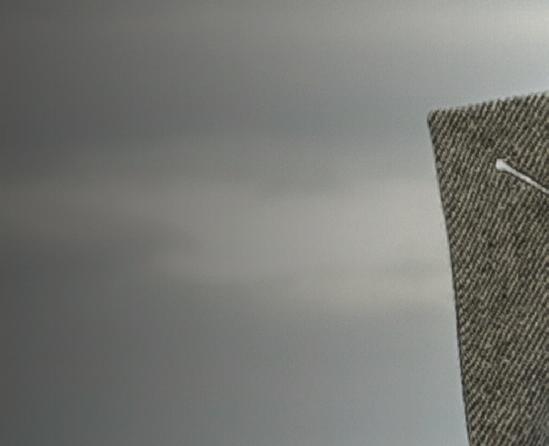
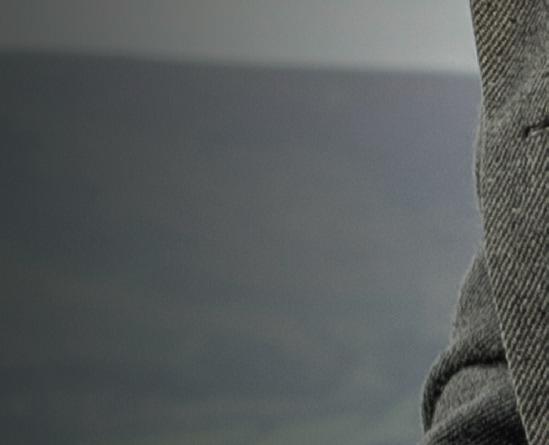
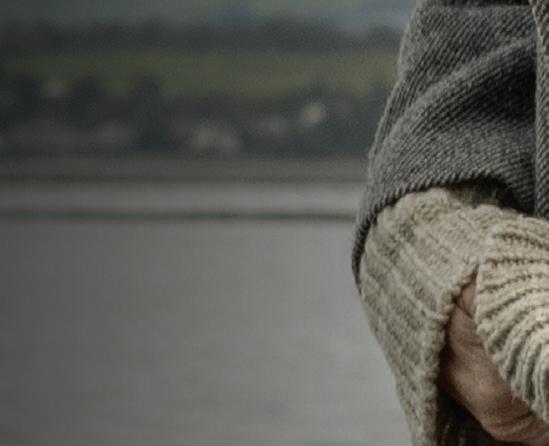


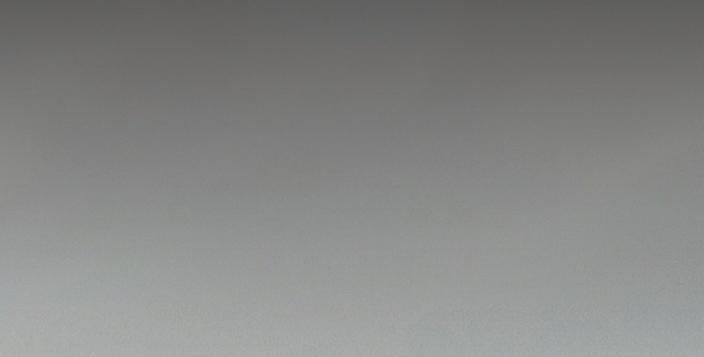


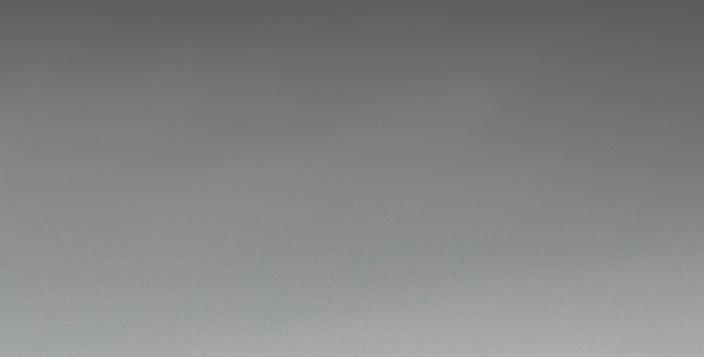
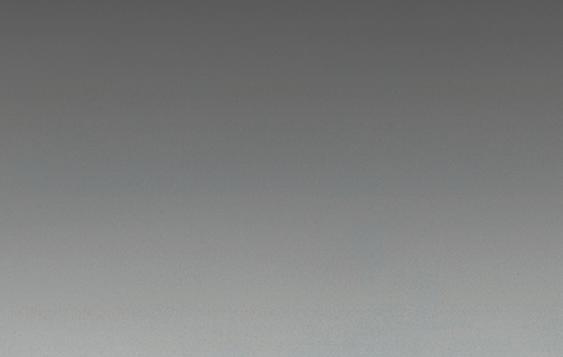











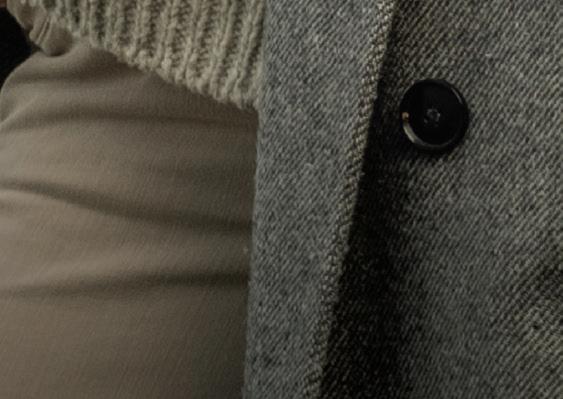
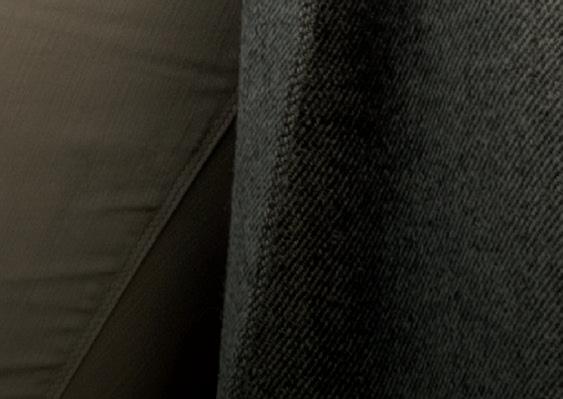
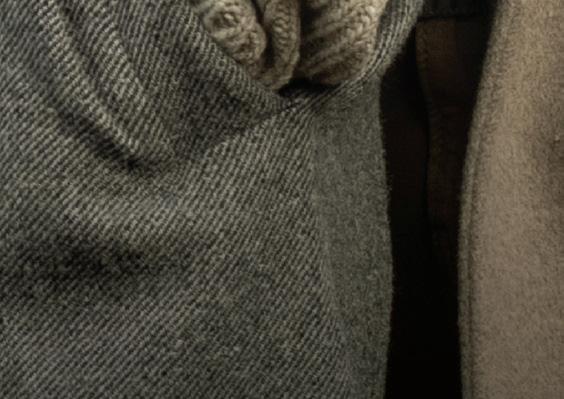



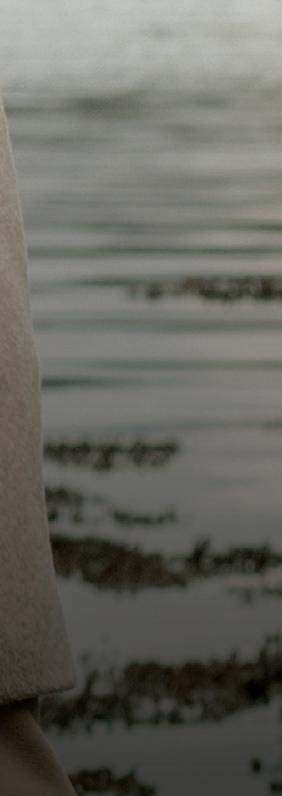






































































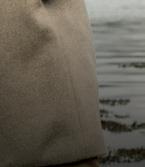

Editor: Denise Maguire
Creative Director: Jane Matthews
Designer: Alan McArthur
Production Executive: Claire Kiernan
Managing Director: Gerry Tynan
Chairman: Diarmaid Lennon
Email: info@ashville.com or write to: Better Business, Ashville Media, Unit 55, Park West Road, Park West Industrial Estate, Dublin 12, D12 X9F9. Tel: (01) 432 2200
All rights reserved. Every care has been taken to ensure that the information contained in this magazine is accurate. The publishers cannot, however, accept responsibility for errors or omissions. Reproduction by any means in whole or in part without the permission of the publisher is prohibited. © Ashville Media Group 2025. All discounts, promotions and competitions contained in this magazine are run independently of Better Business. The promoter/advertiser is responsible for honouring the prize. ISSN 2009-9118 SFA is a trading name of Ibec.
As we head into the summer, the work never stops for the small business community as well as the Small Firms Association. Recently, the SFA published its small business survey, in partnership with Amárach. is follows last year’s ‘Cost of Business’ survey which highlighted the cost challenges that small businesses were facing. is year’s survey shows that these challenges remain, with 49% of respondents stating that costs have risen and another 44% stating that costs remained the same in the past 12 months. Alarmingly, 54% of businesses stated they could not trade for more than six months without additional funding.
In June, I participated in the inaugural meeting of a new Department of Enterprise-led group to examine the costs involved in running a business. ere will be a series of meetings of this forum on speci c cost topics throughout the year.
In May, the SFA submitted its proposed policy priorities for Budget 2026 to the Department of Enterprise which essentially calls for the easing of the tax burden on small businesses, as well as tackling onerous regulations. Also in May, MentorsWork celebrated its h year of operations with a special event at Ibec head o ce. MentorsWork is a partnership between Skillnet Ireland and the Small Firms Association, which has provided targeted business support to nearly 4,000 SMEs since its launch in 2020.
e SFA is continuing its engagements with key members of the Oireachtas, including the newly appointed members of the Joint Oireachtas Committee on Enterprise, Tourism and Employment. e engagements provide an opportunity for the SFA to communicate its key policy positions and thrash out various issues impacting the small business community.
e summer issue of Better Business is packed with inspiring stories, advice and information from Ireland’s top entrepreneurs. I hope that readers will nd it useful during these uncertain economic times.
e Sector Spotlight features some of the companies engaged in environmental sustainability, while the entrepreneurs’ section focuses on online retailers. ere is also a special feature on the SFA’s, now annualised, small business survey while the HR page features a special contribution from human rights activist Colm O’Gorman.
Better Business is the magazine of the small business community. We welcome your feedback, suggestions and ideas to info@sfa.ie on X (Twitter) @SFA_Irl
David Broderick Director, Small
Firms Association

Big News for Small Business News, views and profiles from SFA members and small businesses in Ireland
16 Events
Speakers came together to reflect on the journey MentorsWork has taken to date
24
Cyber Risks
George Foley of ESET Ireland on the impact of the EU cyber-security directive on SMEs
37
Top Tips
Sentiment Survey
Trade Deal
Ibec and SFA react to the EU-US Trade Deal
A new survey from the SFA shows small firms are still grappling with high business costs 12
18
Recruitment
ERF President Siobhán Kinsella chats about the impact of legislative measures on SMEs
28
Cover Story
Rabia Mirza on breaking barriers and building opportunities for women in the logistics sector 10
VOYA Co-Founders Mark and Kira Walton on success at home and oversees
40 HR
In a market of full employment, strategic talent acquisition is more crucial than ever
20
Sector Spotlight
Four companies talk about living up to the green values they espouse
32
Entrepreneurs
Irish online retailers on why a bricks and mortar store isn’t necessarily the key to success
43 Health
Conflict in the workplace needn’t become a major issue, writes Carol Ann Casey
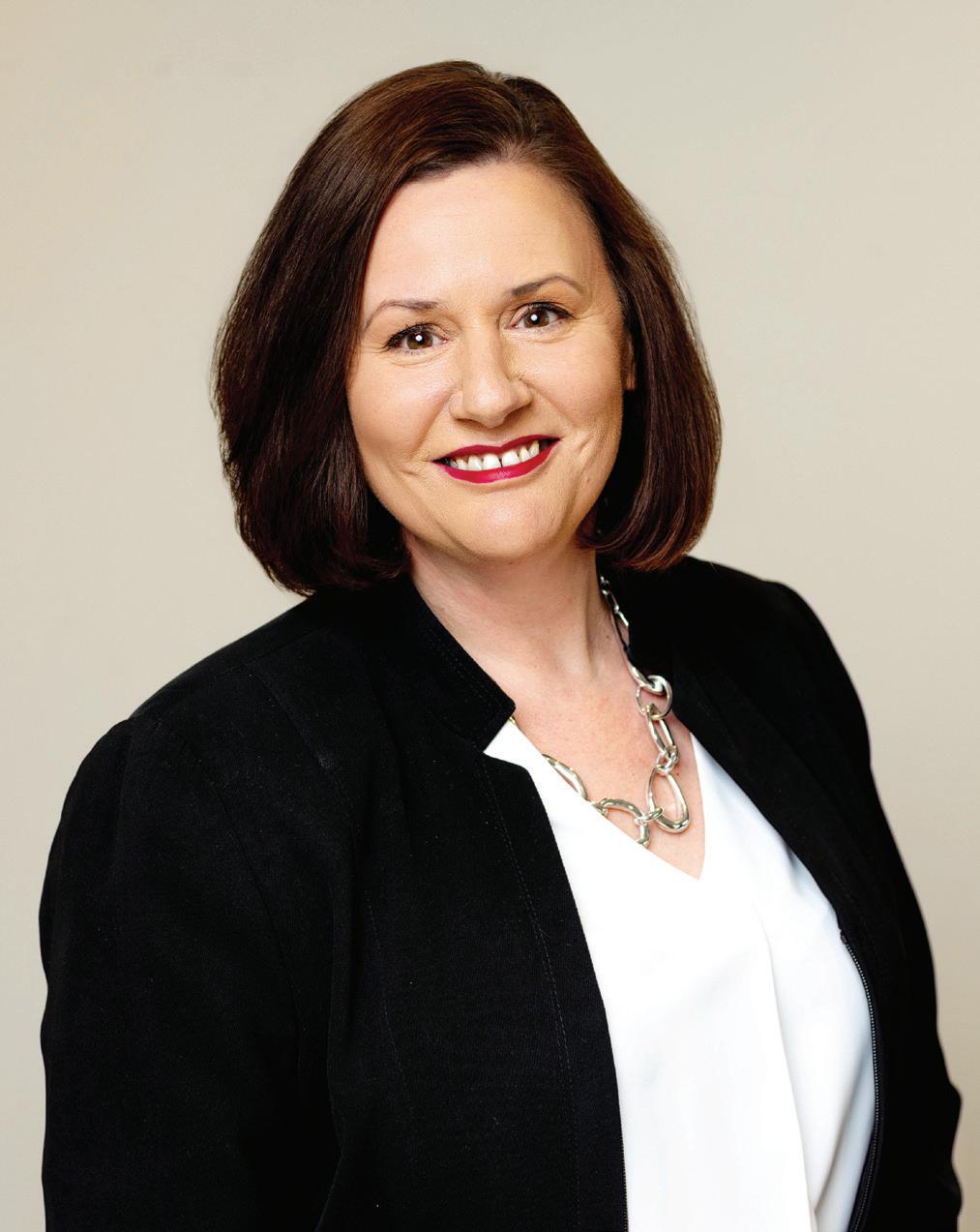
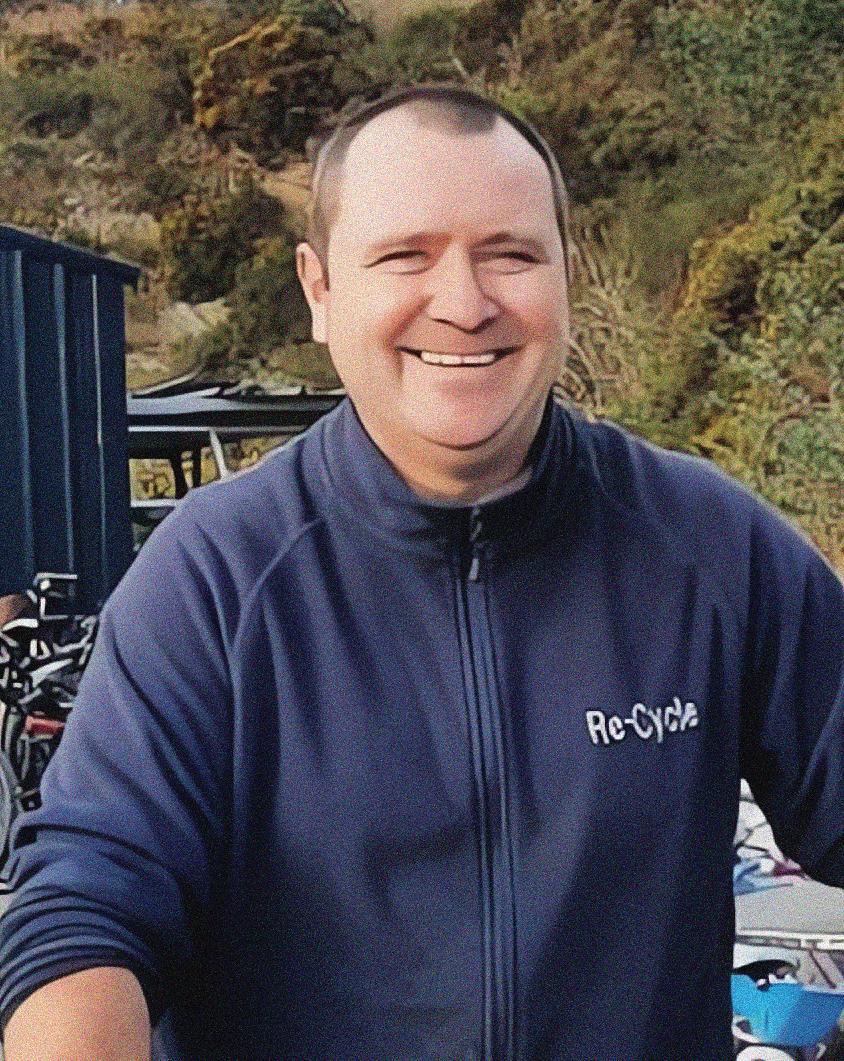
FROM TOP LEFT: Siobhán Kinsella on the impact legislative measures are having on small businesses, page 18 // Stacey King at Re-Cycle Bikes is keeping it green, page 20 // The VOYA Co-Founders on what it’s like to win the top gong at the SFA National Small Business Awards, page 28 // Aisling Tuck on the challenges of building a food brand, page 34


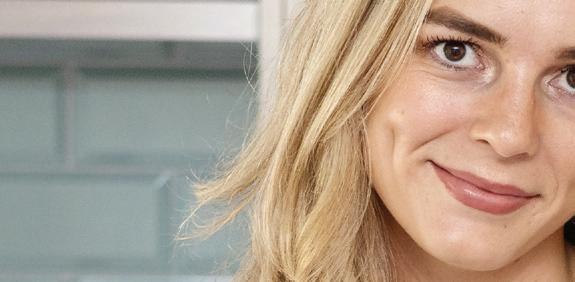







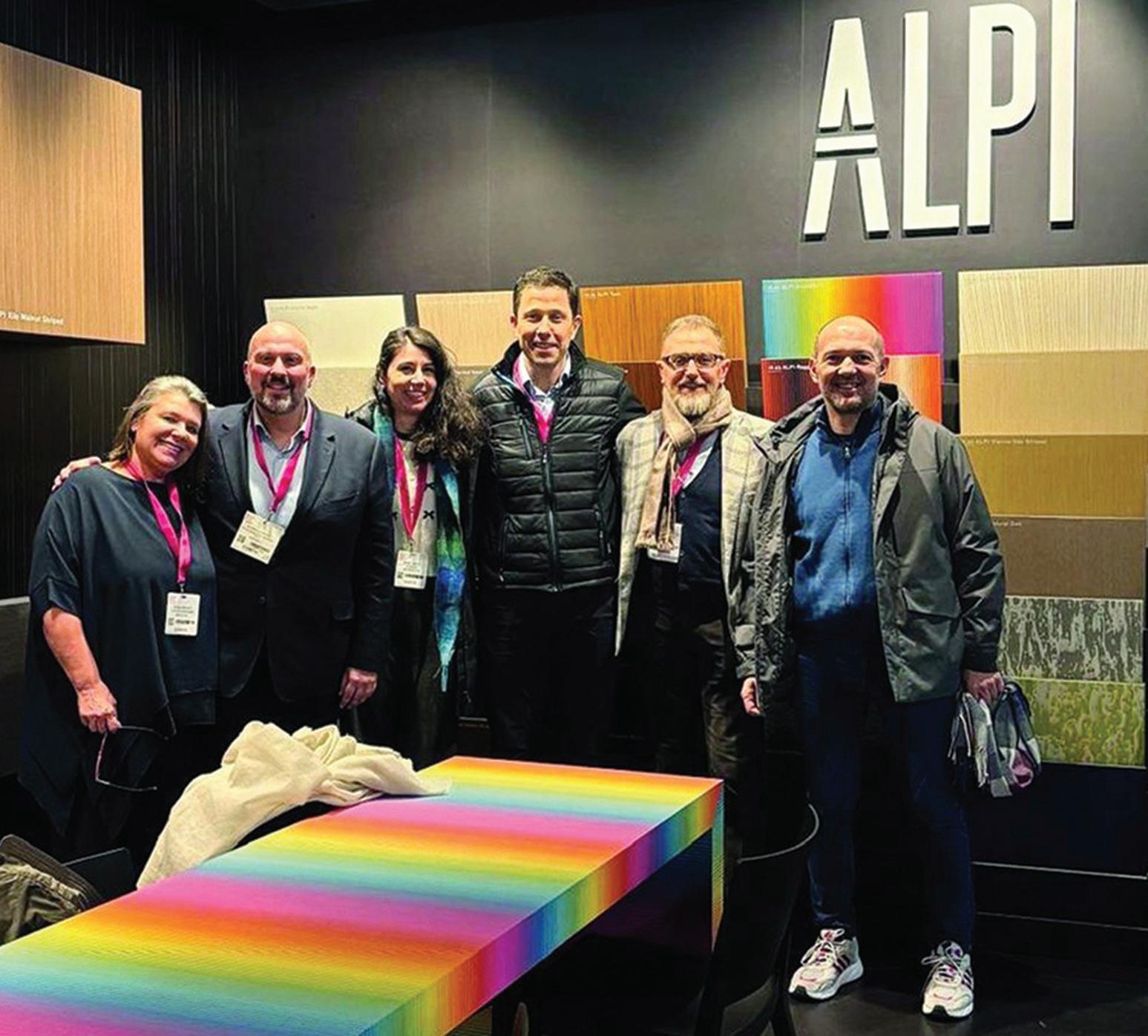
Merenda, the family-owned business established in 1984, has announced its appointment as the official Irish distributor for ALPI wood products. Known for its dedication to manufacturing high-quality wood veneer components, this new partnership marks another exciting milestone in Merenda’s journey under the leadership of MD, Ronan Haslette. ALPI offers a diverse range of wood products that are ideal for both decorative and functional surface coverings. From furniture manufacturers to interior joinery, ALPI’s wood veneers provide consistency in size and colour, making them an excellent choice for a wide range of applications.
www.merenda.com
Business angels are the lifeblood of early-stage innovation – they provide not only capital but also critical expertise, networks and mentorship that help start-ups scale. Prospera makes this process seamless by supporting both angels and founders with end-to-end deal execution so they can focus on what matters most – building great businesses. As members of EBAN (European Business Angel Network), Prospera is connected to a vibrant community across Europe, bringing global insight to Irish entrepreneurship. Its platform simplifies legal, compliance and administrative tasks, making early-stage investing accessible and efficient. Prospera actively welcomes new business angels and early-stage founders to join its growing network. Through its tailored business angel education, the company helps new investors gain the confidence and tools to back the next generation of innovators.
www.prospera.ie
This year, West Cork Arts Centre celebrates its 40th birthday and 10 years at Uillinn in the heart of Skibbereen town. A highlight of the summer programme was the 41st Members and Friends group exhibition in May and this September, Uillinn will host a major exhibition selected from the Crawford Art Gallery Collection by the Salt & Pepper LGBTQ Art Collective with Toma McCullim. The Arts Centre is also hosting summer concerts, performances and workshops for locals and visitors alike.
For more on West Cork Arts Centre, turn to page 48
westcorkartscentre.com

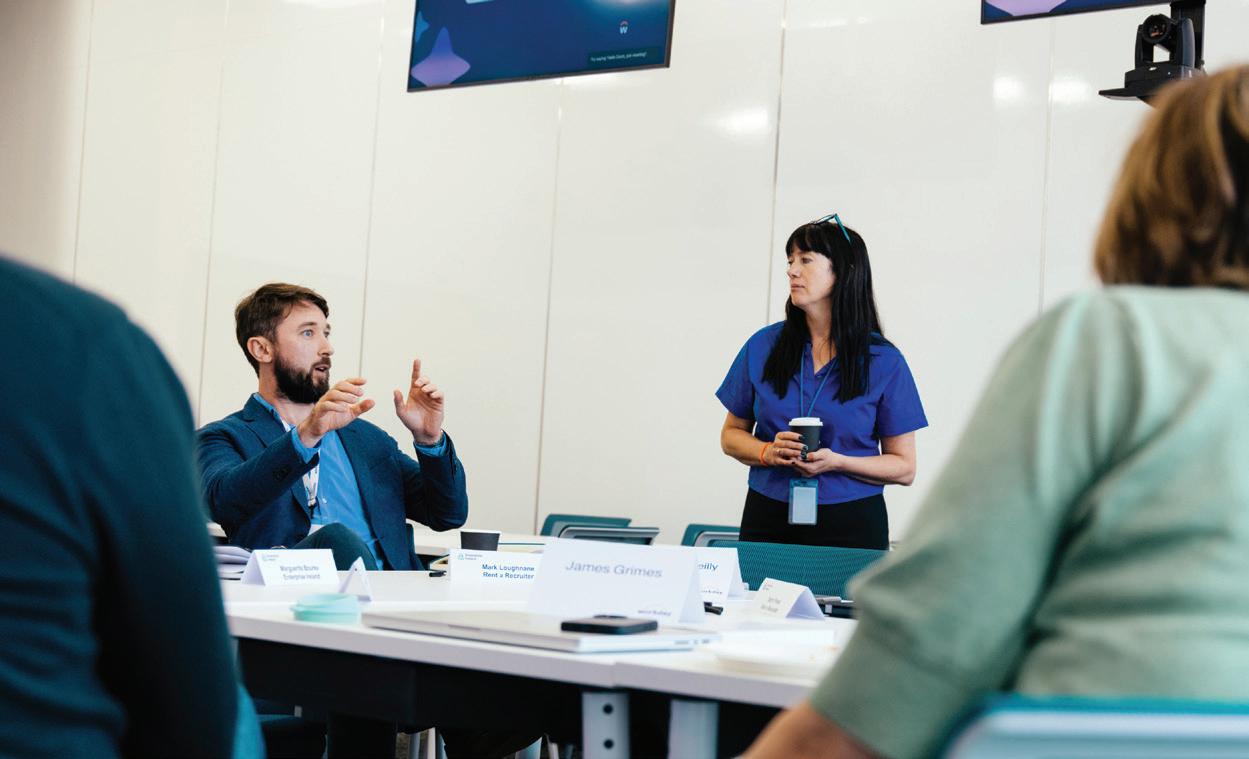
In an April 2025 Rent a Recruiter survey of 460+ talent leaders across LinkedIn and their webinar audience, 56% cited limited internal resources followed by leadership buy-in (21%) as the top challenges in executing employer branding (EB) strategies. This reveals a critical gap – employer branding isn’t failing due to external competition, it’s failing from within. Appointing a dedicated internal champion for employer branding helps maximise existing capacity by bringing clarity, focus and accountability. With clear leadership in place, companies can avoid fragmented efforts and make meaningful progress without needing to increase headcount or budget. “If EB isn’t on the board agenda, it’s a missed commercial opportunity. Talent attraction today is brandled, not just process-led,” says Mark Loughnane, COO of Rent a Recruiter.
www.rentarecruiter.com

Former SFA Council
Member Geraldine Lavin has announced the launch of the 50X Program, along with Damien O’Brien and Paudi Roche from SME Matters. The 50X Program is a peer-powered membership experience for ambitious SME owners ready to move the needle, without burning out. Over 12 months, owners work alongside a tight-knit group of like-minded leaders, guided by expert facilitators, to sharpen strategy, build smarter systems and reclaim control of their time and energy. Speaking at the launch, Geraldine said: “The 50X Program combines our extensive experience and expertise on steadying and scaling businesses, all done with a focus on bringing the joy back to running a business.”
With four 50X Progams up and running, the team is looking forward to welcoming the next group into the community in September.

AWARD FOR CINNTE SAFETY LIMITED
Cinnte Safety Limited (CSL) has been awarded Best Tra c Management (TM) Specialist 2025 by the Irish Enterprise Awards. Established in 2020, CSL has undergone signi cant growth to position itself as a key provider of a one-stop consultancy service for construction safety and TM services. By keeping a keen eye on the industry, it continually adapts its focus to gain an advantage without losing sight of its core business. e company attributes the award to its strong ethical values of delivering quality, professional services with a promise of never overcharging and its clear vision of how to establish itself as the go-to company for TM consultancy. e company also o ers a low-cost subscription service for safety support and HR support services to SMEs who may not have resources for this expertise.
www.cinntesafety.ie

Solar installation company, SolarSmart, has launched a fully automatic changeover switch that ensures no blackouts, zero downtime and enables solar powered operations during grid outages. Fully compliant with Irish electrical standards, this new switch allows businesses to seamlessly transition to o -grid power in the event of a power cut. is innovation comes as part of SolarSmart’s commitment to supporting energy resilience for SMEs across Ireland. With over 1,300 solar installations completed nationwide and continued growth year on year, the company continues to lead in service, safety and sustainability. “Business owners can’t a ord downtime,” says founder Morgan Pierce. “ is solution empowers them to keep operating, even when the grid goes down.”
www.solarsmart.ie





As economic pressures mount and talent gaps widen, more Irish SMEs are turning to fractional executives to drive growth, control costs and strengthen leadership. Agile Executives is leading this shi by o ering exible access to proven expertise across nance, marketing, HR, operations and more. Unlike full-time hires, fractional executives work on a part-time or interim basis, delivering strategic impact without the long-term overhead. For business owners navigating change, funding challenges or stalled growth, this model provides the right expertise at the right time. In May, Agile Executives marked a key point in its journey with its rst Associate Day, held at the Dynamic Space – Dublin’s leading sustainable event venue, a versatile blank canvas designed for unforgettable, zero-impact experiences. “We’re seeing strong demand from SMEs who need experienced leadership but can’t justify full-time C-suite salaries,” says CEO Tony Dignam. “Fractional executives are a gamechanger for ambitious businesses.”
www.agileexecutives.ie
@peterburkefg
Small businesses are at the heart of every town, village, and region of Ireland, providing employment, creating communities, and contributing significantly to economic growth. Delighted to support the @SFA_Irl awards last night, fantastic businesses on display #SFAAwards2025
@ErinMcGreehan
Congratulations to Louth companies @orielseasalt and @CarlingfordOyst for winning the Innovation and Food & Drink Awards respectively at the @SFA_Irl National Small Business Award
@RDS A fantastic achievement. #SFAAwards2025 #Louth #LouthBusiness #SmallBusiness #SFA
@davidmcw
There are signs of overheating everywhere you look in Ireland’s economy - https://mailchi.mp/ davidmcwilliams/ my-builder-told-meabout-theinflationary-climateit-must-betrue-6217989

As global demand for mission-critical logistics and specialist support continues to rise, Daniel Technologies, a leading contract manager for defence, law enforcement and NGOs, has announced plans to invest €500,000 into workforce expansion in Q4 2025. Headquartered in Dublin, Daniel Technologies has experienced a significant uptick in both domestic and international contracts across its service portfolio, which includes specialist inventory provision and MRO logistics. This strategic investment will be directed toward recruiting new personnel across operations, logistics, customer support and technical services. “This investment reflects our commitment to maintaining the highest standards of service while scaling to meet the growing needs of our clients,” said Operations Manager Adele Colmey for Daniel Technologies. “We are proud to support those who protect and serve and expanding our team ensures we continue to deliver at the highest level.”
www.danieltechnologies.ie
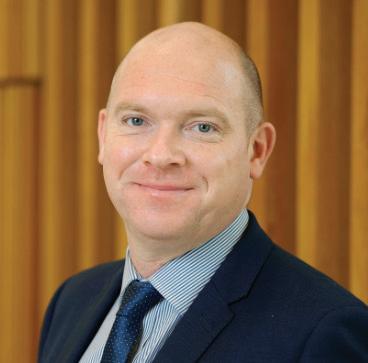
“Congratulations to all the finalists, each of whom represent the very best in small business and all are winners. Small businesses are present in every village, town and city and contribute enormously to economic activity and community engagement.”
SFA Director, David Broderick, at the SFA annual Small Business Awards

“It is a testament to the success of the programme that it has reached this half decade milestone and we look forward to its continued success and growth into the future.”
Mark Jordan, Chief Executive of Skillnet Ireland, at the five year anniversary celebration of the MentorsWork programme

“As we approach this Government’s first budget with a new purpose and fresh ideas, the time to act is now because time is a luxury that many small businesses do not have.”
Geraldine Magnier, SFA Chair, Director & Co-Founder, Idiro Analytics, addressing the National Economic Dialogue

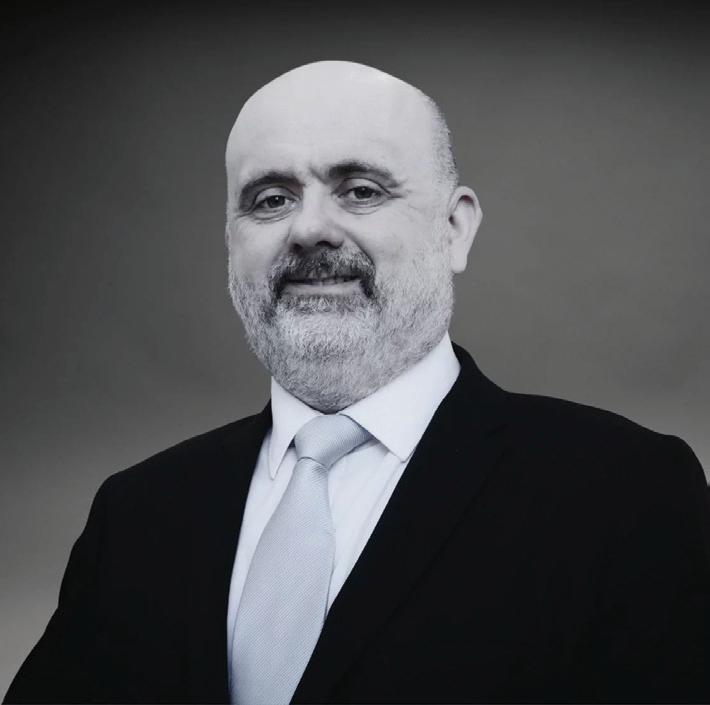
CommSec Cyber Security has announced the appointment of Barry Rooney as Fractional Chief Technology Officer (CTO). With over 20 years of experience in IT strategy, digital transformation and leadership, Barry will provide strategic guidance for CommSec’s technology initiatives, helping the company stay at the forefront of cybersecurity innovation. Barry brings extensive experience from large-scale IT transformations including cloud migrations, AI and big data projects across industries such as financial services, banking and government. He will work closely with the team to enhance the company’s technology strategy and deliver exceptional customer outcomes. Barry is also the Director of his own consulting business and will balance his time between CommSec and Parthelon, where he currently serves as a Director. Barry is also passionate about mentoring the next generation of IT leaders, volunteering his time as a mentor at Dublin City University (DCU).
www.commsec.ie
Galway based maternal health company, Nua Surgical, recently announced the appointment of Barry Comerford as a new Non-Executive Director. This is the latest leadership appointment the company has made in recent months, following the close of its Series A investment round in December 2024. Barry McCann, CEO of Nua Surgical, said: “Mr Comerford is a highly motivated entrepreneur and experienced board member, with extensive knowledge in the medical device industry. He has been an informal advisor to the company for several years, during which we have built a strong working relationship. His deep understanding of our goals makes him an excellent addition at this stage of the company’s growth.”
www.nuasurgical.com





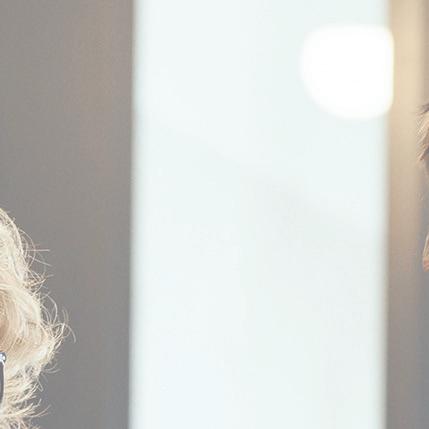











boost skills - boost business




Future-proof your skills with Skills to Advance Micro-Qualifications - short, targeted courses, at little or no cost, in key areas like sustainability, digital business skills, market development, and more.
Stay ahead by contacting your local Education and Training Board or visit skillstoadvance.ie.
Supported
and



























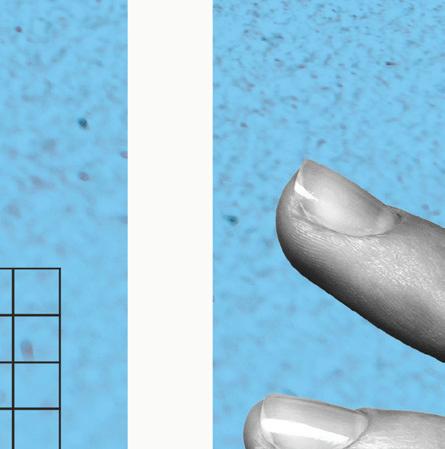










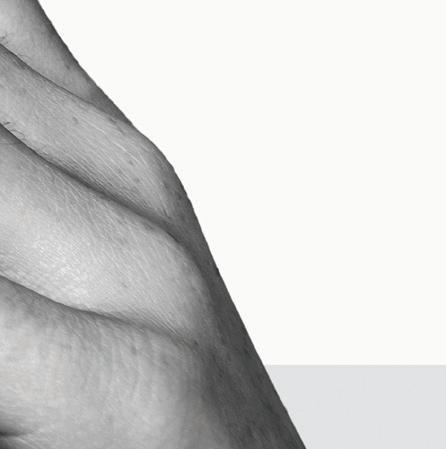



A NEW SURVEY FROM THE SFA SHOWS SMALL FIRMS ARE STILL GRAPPLING WITH HIGH BUSINESS COSTS




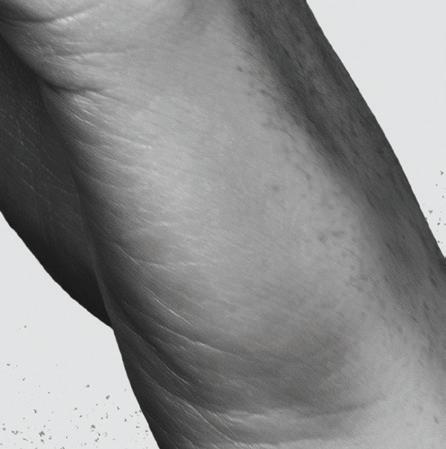






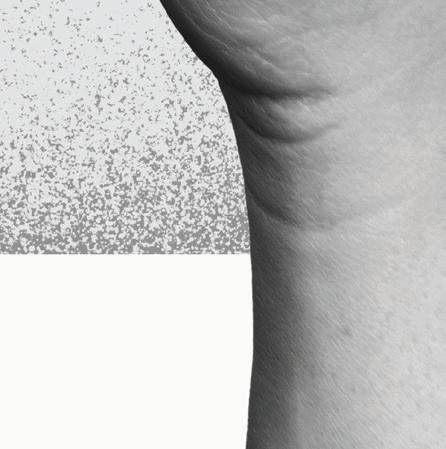

Following an extensive SFA survey on costs for small businesses in 2024, a further study was conducted in the summer of 2025. e nationwide survey, which was conducted by Amárach, found that 54% of small businesses will be unable to trade for more than six months, without any additional funding. e gure is an increase from 35% last year which represents an alarming development. Of the businesses that have successfully sourced funding in the past 12 months, 22% have borrowed money from family and friends, an increase from 19% last year.
Business costs remain a challenge for many small businesses. In 2024, 83% of businesses experienced a rise in business costs but this year, 49% said that prices had risen in the past 12 months, with 44% stating that prices have remained the same. ese gures further underline that costs for small businesses remain very high compared to just a few years ago. More speci cally, labour-related costs are the single biggest contributors to those experiencing increased business costs.
When businesses were asked to rank the most challenging costs, 20% stated that employment costs were the most challenging. Interestingly, 25% of small businesses ranked mortgage or rent payments as the most challenging. Of all the businesses asked 12% stated regulation costs, with 14% citing raw material costs as the most challenging. A slightly more encouraging stat is that 48% of businesses stated that rising costs remain a challenge, down from 64% last year. e forthcoming transition towards the living wage, possible increases to statutory sick days and the incoming introduction of auto-enrolment, may yet present additional cost pressures on small businesses in the months and years ahead.
Commenting on the survey, Small Firms Association Director, David Broderick said: “ ese gures highlight the ongoing challenges that the small business community is facing. e SFA is encouraged by the policy commitments in the Programme for Government designed to help SMEs, but the Government needs to act decisively. e survey stated that 81% of small businesses want the Government to do more to help SMEs, up from 74% last year.”
In addition to issues related to rising costs, many small rms are concerned with the looming EU-US trade war. Six out of 10 rms are currently taking action to mitigate against US tari s. Commenting on this development, David Broderick added: “Small businesses in Ireland risk becoming collateral damage amid ongoing geopolitical uncertainty. is is yet another crisis that the small business must endure.”

“THE SFA IS ENCOURAGED BY THE POLICY COMMITMENTS IN THE PROGRAMME FOR GOVERNMENT DESIGNED TO HELP SMES, BUT THE GOVERNMENT NEEDS TO ACT DECISIVELY.”
e survey also analysed issues related to debt and access to nance. Debt levels have declined overall, however one third are managing a debt of €10,000 or more. Lower debt levels may be linked to a decline in borrowing which has decreased from 40% in 2024 to 13% currently. Economic uncertainty is also reported as a growing barrier to borrowing (up from 14% to 28%). Furthermore, 48% of small businesses have stated that there are barriers that prevent businesses from accessing the nancing it needs, a marginal increase of 1% from last year.
When it comes to public procurement, only one in seven SMEs have pitched for a public service tender in the past two years. 44% of nancial or professional service providers have pitched for public tenders, the highest percentage when compared to retail, hospitality and manufacturing.
e survey highlights that Government must tackle some of these high costs to secure the viability of small businesses. e rst signi cant opportunity will be in the forthcoming Budget in October.
e recent establishment of the ‘Cost of Business’ forum at the Department of Enterprise, Trade & Employment is a positive step to keeping the Government informed of these cost issues. While many of these are short term, there needs to be equal importance in developing a more long-term strategy to ensure prosperity for the small business community.
54% of small businesses will be unable to trade for more than six months without any additional funding
20% stated that employment costs were the most challenging
81% of small businesses want the Government to do more to help SMEs
48% of businesses stated that rising costs remain a challenge







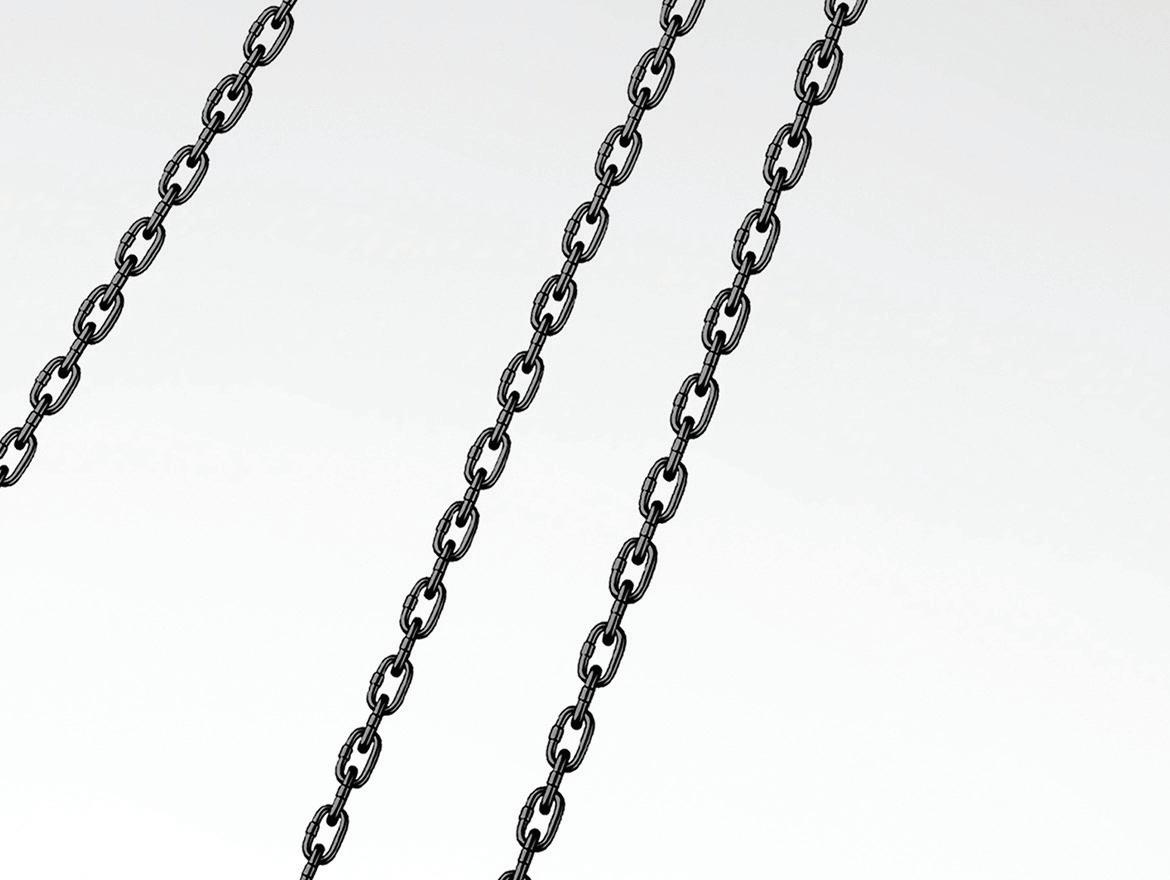



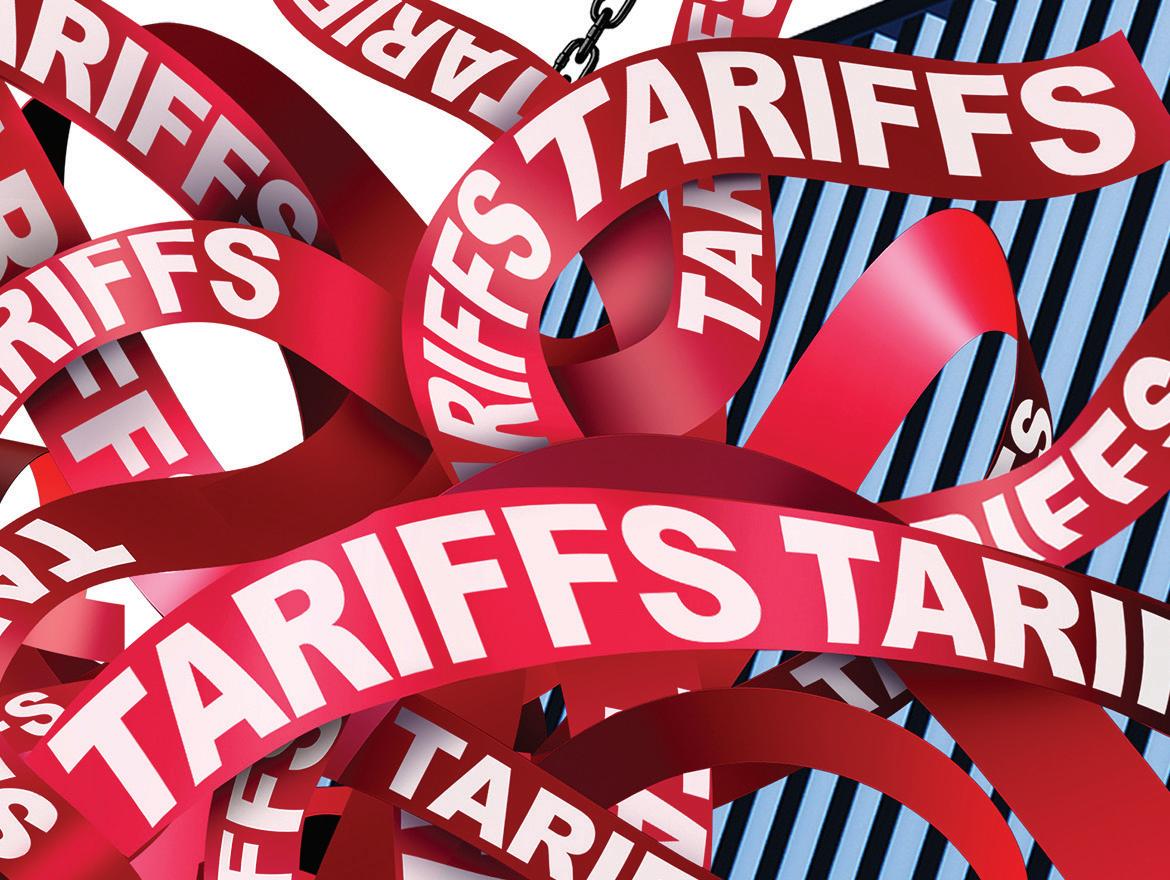

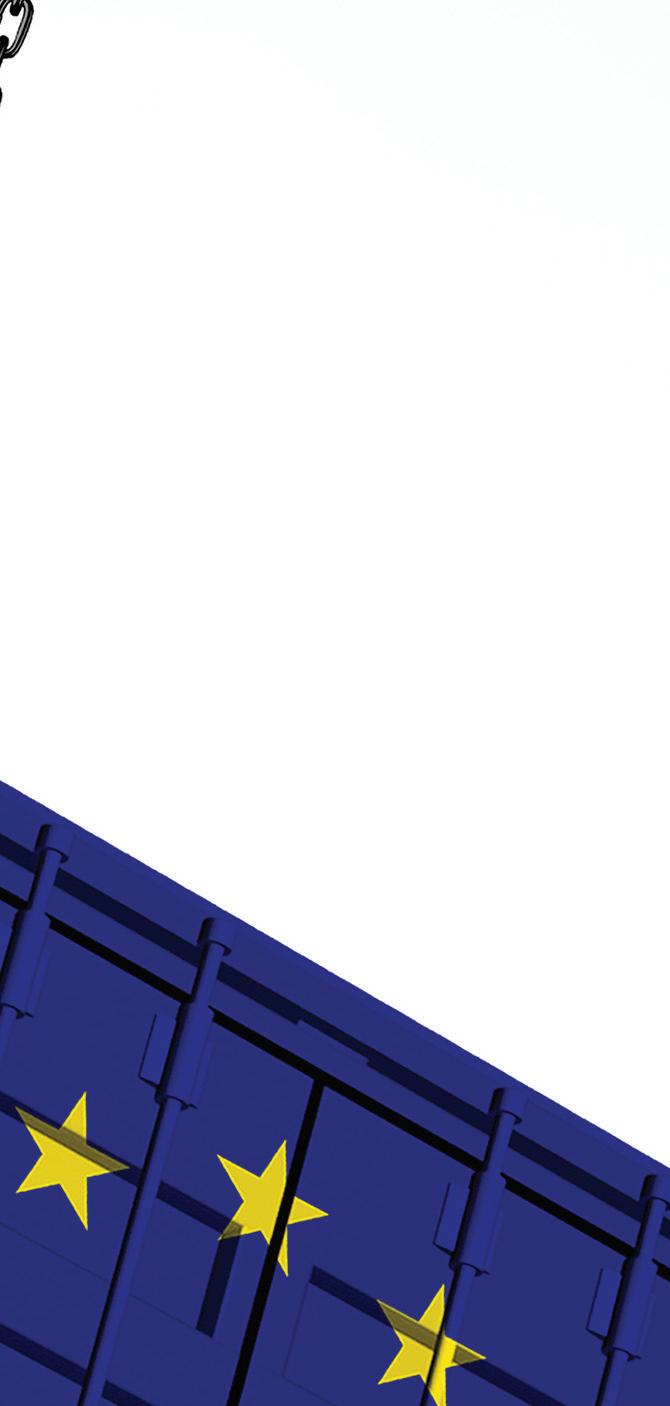

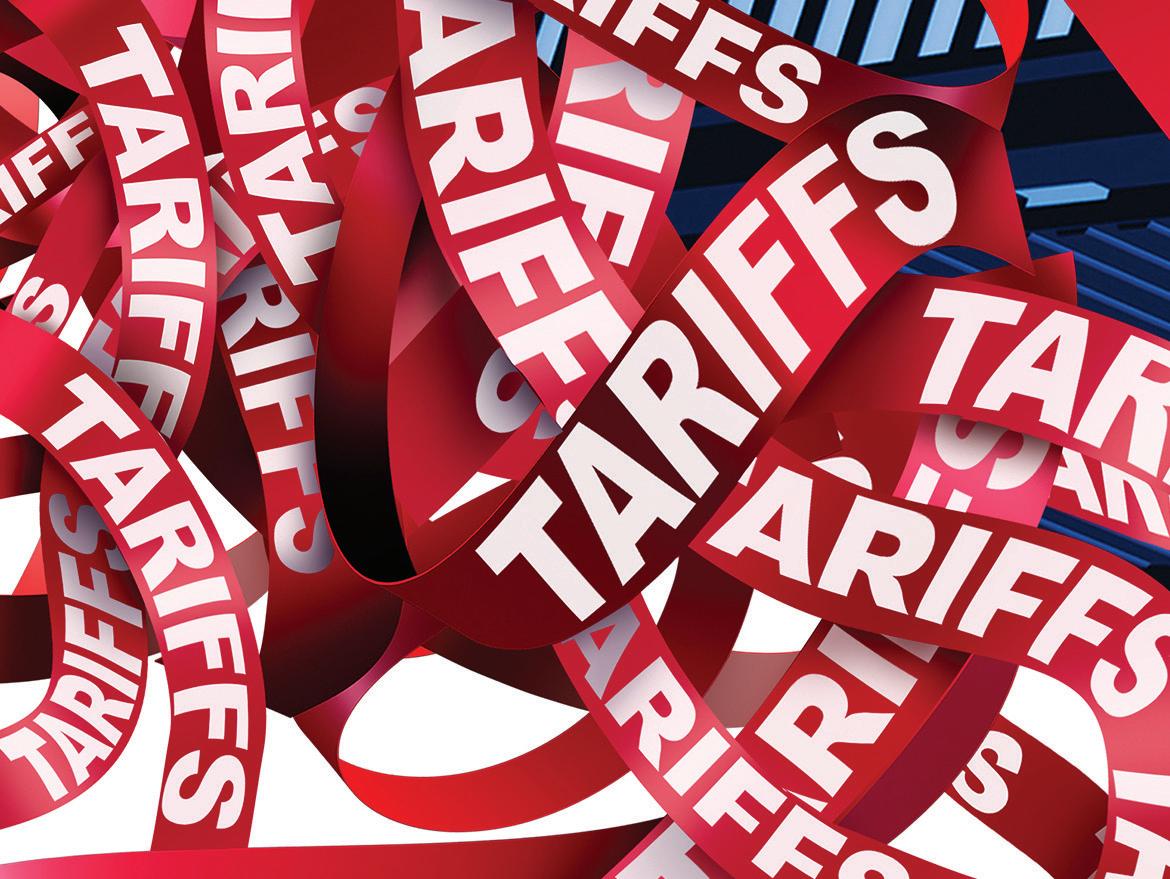







Aftermonths of negotiations, the US and the EU have signed a trade deal which sees a 15% tari on exports from the EU to the US. Reacting to the agreement, Ibec CEO, Danny McCoy said: “ e trade agreement between the US and EU brings an end to a signi cant amount of uncertainty for some businesses. However, a 15% tari still represents a substantial burden for many industries. Sectors which rely heavily on the US market and operate within small margins will once again be signi cantly impacted by an additional 5% tari , on top of what they have already had to absorb over the past several months and well in excess of the 1% e ective tari which existed before April. Our message to the Government, as it was with the 10% tari , is that the most exposed sectors will require support similar to the interventions provided as a response to Brexit.”
Also reacting to the trade deal, David Broderick, Director of the Small Firms Association, said: “Small businesses in Ireland risk becoming collateral damage arising from these tari s, not only those businesses that export directly to the United States, but those that have business relationships with US multi-nationals based in Ireland. We need the Government to focus on supports for small business, similar to those that
EXPLAINING WHAT INDUSTRIES WILL BE AFFECTED BY THE TARIFFS, JOHN O'LOUGHLIN, PARTNER AT PWC IRELAND, SAID THE 15% TARIFF WILL BE THE TOP RATE FOR MOST PRODUCTS, INCLUDING:
Cars
Semiconductors (should such tari s be imposed)
Pharmaceuticals (should such tari s be imposed)
0% TARIFFS HAVE BEEN AGREED FOR A NUMBER OF SECTORS, INCLUDING:
Aircraft and component parts
Certain agricultural products
Certain generics
Critical raw materials
The 50% tari for steel and aluminium remains in place for now.
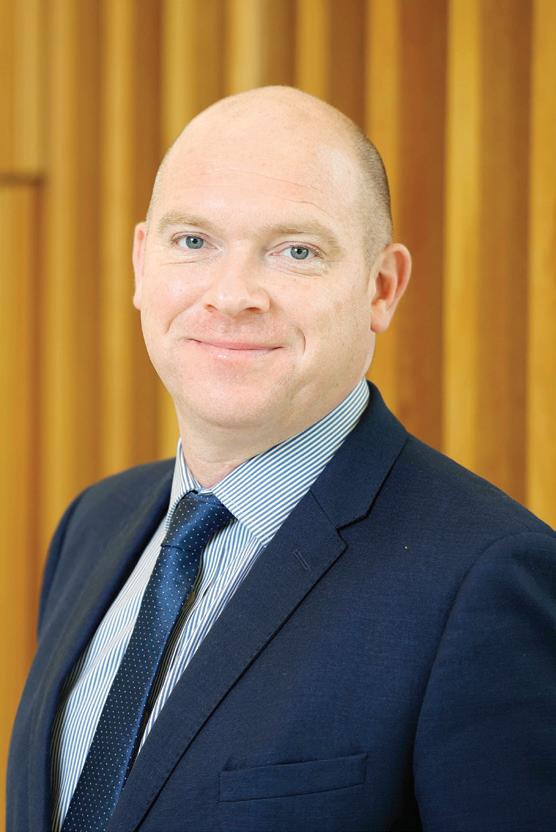
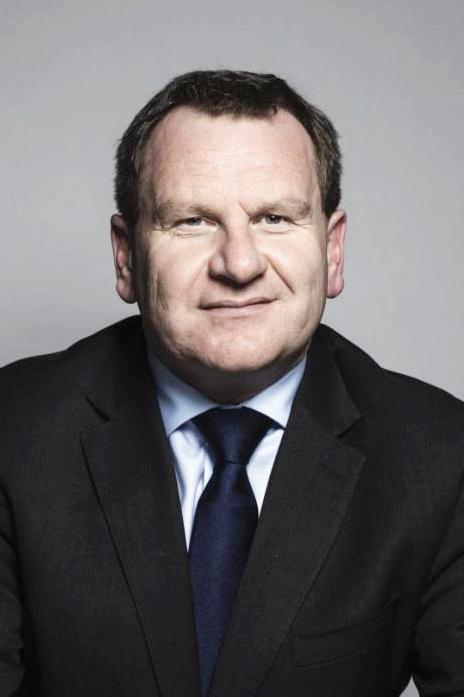
“SMALL BUSINESSES IN IRELAND RISK BECOMING COLLATERAL DAMAGE ARISING FROM THESE TARIFFS, NOT ONLY THOSE BUSINESSES THAT EXPORT DIRECTLY TO THE UNITED STATES, BUT THOSE THAT HAVE BUSINESS RELATIONSHIPS WITH US MULTI-NATIONALS BASED IN IRELAND. WE NEED THE GOVERNMENT TO FOCUS ON SUPPORTS FOR SMALL BUSINESS, SIMILAR TO THOSE THAT WERE PUT IN PLACE FOR BREXIT, BUT ON A LARGER SCALE.”
were put in place for Brexit, but on a larger scale.”
He added that although it’s clear that an agreement between the EU and US is a positive and removes the worst outcome of 30% tari s applying from 1 August, it still presents an increase in the tari rate which is currently in place (10%) and is a signi cantly worse outcome than the EU originally hoped for in a zero-forzero tari deal. “From an Irish perspective, there are still questions over the possible imposition of future pharmaceutical tari s and the impact this may have. It is also clear that this may have an impact on trade between the EU and US with increased costs.”




THE SFA HAS WELCOMED CHANGES TO THE CURRENT AUDIT EXEMPTION REGIME

Minister Peter Burke has announced the commencement of Section 22 of the Companies (Corporate Governance, Enforcement and Regulatory Provisions) Act 2024. is provides for a change to the current audit exemption regime, whereby small businesses will not, in future, automatically lose the privilege of audit exemption on a rst occasion, in a ve-year period, of late ling of an annual return with the Companies Registration O ce (CRO).
Section 22 replaces section 363 of the Companies Act 2014 (whereby a company loses its audit exemption on the rst occasion of its failure to deliver an annual return) with an updated regime as follows:

Provides that a company that quali es as a small company will not be entitled to an audit exemption for the following two years where it fails to deliver its annual return and has previously failed to le an annual return in any of the previous ve nancial years
Further provides that a company’s rst annual return or previous failure to le an annual return before the commencement of the provision (as the company has already lost its audit exemption) shall not be considered a previous failure.
Minister Burke said: “For the minority of small businesses that do not le on time, the loss of audit exemption can have a disproportionate impact due to the signi cant costs associated with providing two years of audited nancial statements.”


David Broderick, Director of the SFA, welcomed the announcement. “ is measure will ease the administrative burden on small businesses. However, I would encourage all companies to make sure that they are able to le in accordance with statutory ling deadlines. It’s also important to emphasise that companies will still be subject to late ling fees if annual returns are not led on time with the CRO.”
















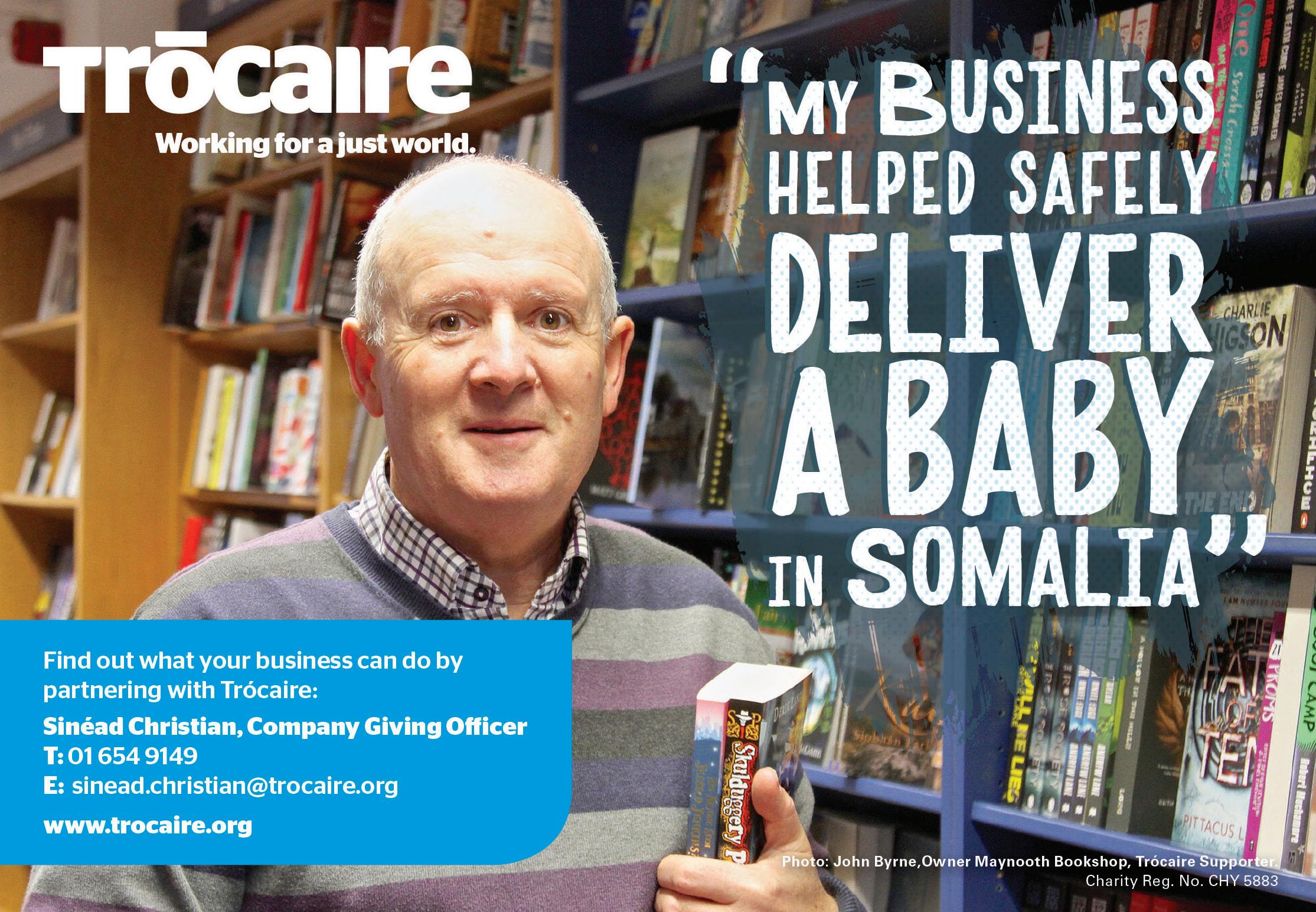
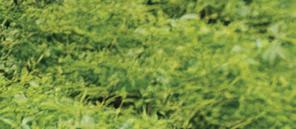












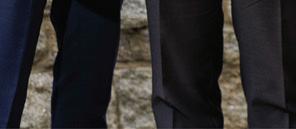
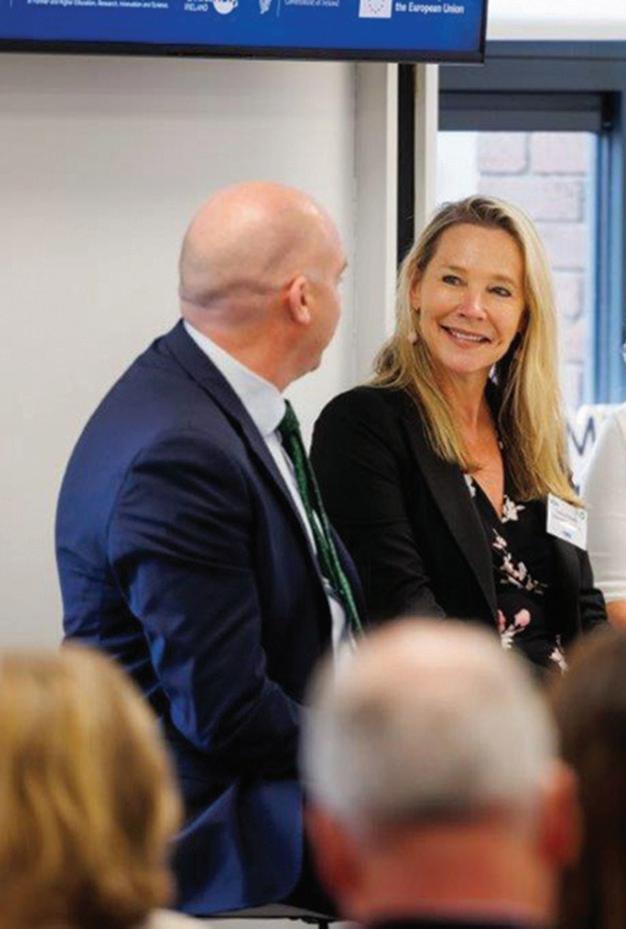








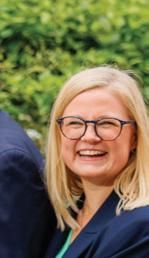



A group of speakers and panellists came together to reflect on the journey MentorsWork has taken to date
A huge thank you to the brilliant speakers and panellists who made the ve year anniversary celebration of MentorsWork so impactful. Attendees heard from Mark Jordan, CEO of Skillnet Ireland, who delivered an inspiring address and Geraldine Magnier, Co-Founder of Idiro Analytics and Chairwoman of the Small Firms Association, who shared thoughtful closing remarks. David Broderick, Director of the SFA, was on hand to expertly moderate both panel sessions. Sharing their MentorsWork experiences and insights at the event were Niall O’Kelly, COO of Agile Executives; Veronica Murphy, Consulting Partner at e Discovery Partnership Ltd; Jacqueline Ffrench, Business Development Leader at PD Ceramics Ltd; and Ross Hill, Managing Director at Hills Art. Valerie O’Kee e, CEO of ClarityVP Consulting, Louise O’Conor, Partner at Rethink Digital Advisory and Andy Tallon, Managing Director at Interpath in Ireland, also participated in a powerful discussion on embracing change and preparing for the future.
Learn more about MentorsWork at www.mentorswork.ie

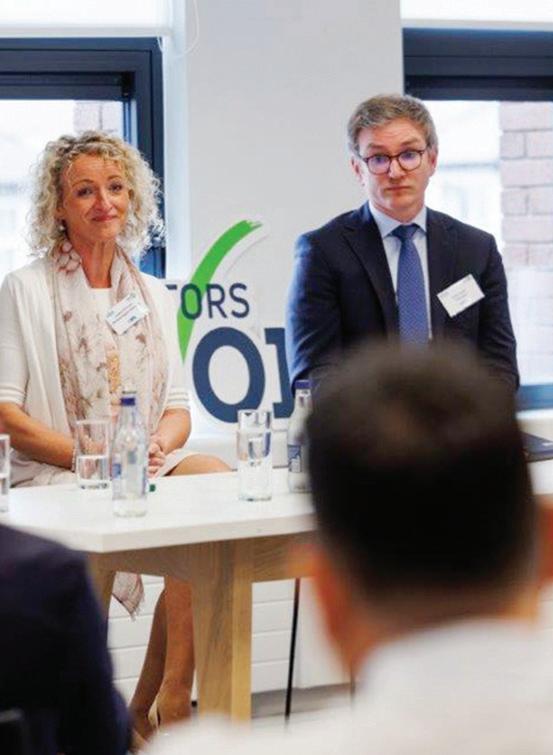

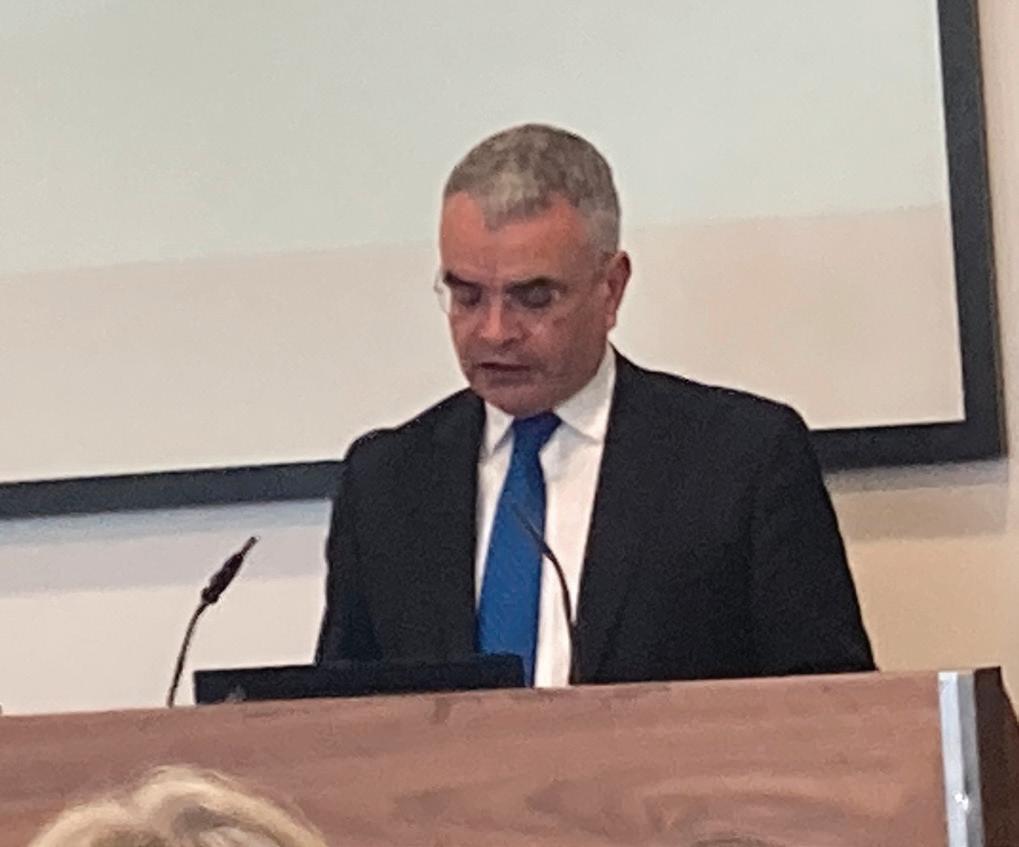
Expansion of Wage Subsidy Scheme will help employers hire more people with disabilities

Taoiseach Micheál Martin and Minister for Social Protection, Dara Calleary, recently announced the expansion of the Wage Subsidy Scheme which will help more disabled people to get and retain work. e Wage Subsidy Scheme encourages employers to hire people with disabilities by providing nancial support. is can help cover the cost of adapting a role for the employee. Employers can get a subsidy of between €6.30 to €9.45 per hour, depending on the number of workers employed under the scheme.


In June, SFA Chair Geraldine Magnier addressed delegates at the National Economic Dialogue about the concerns of the small business community amid high costs and global uncertainty.
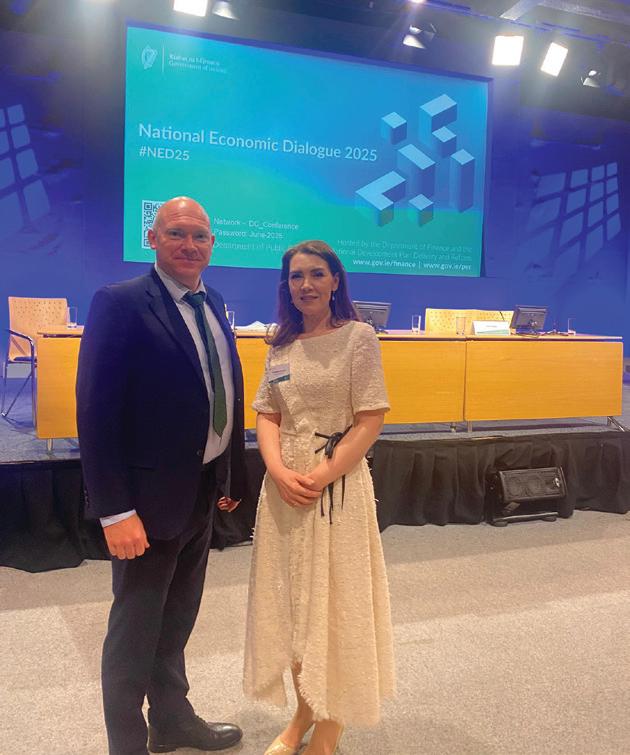
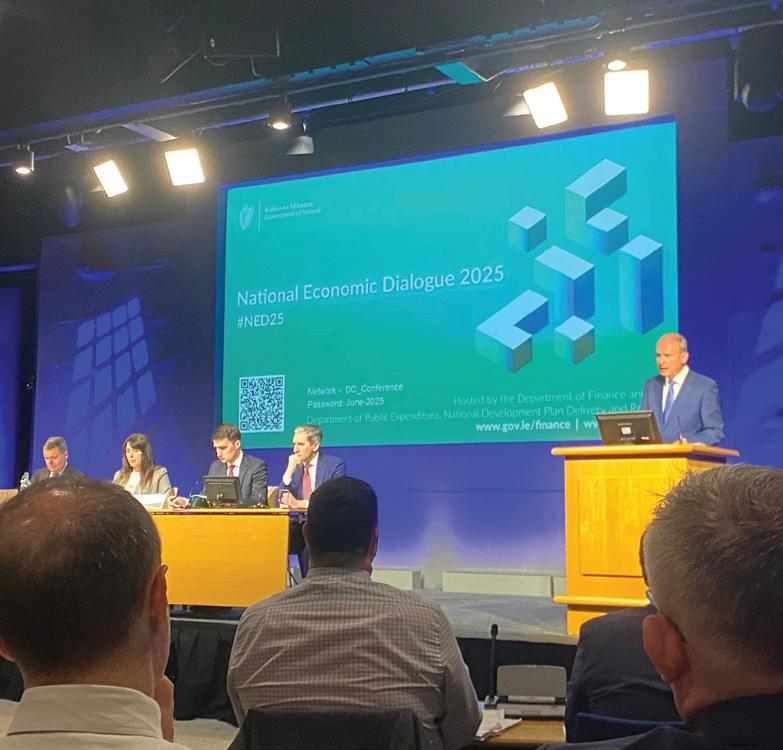











ERF PRESIDENT SIOBHÁN KINSELLA CHATS TO BETTER BUSINESS ABOUT THE IMPACT OF LEGISLATIVE MEASURES AND WHY THEY MUST BE ASSESSED BEFORE THEY’RE IMPLEMENTED




Themost recent Labour Market Monitor from the Employment & Recruitment Federation (ERF) shows that despite global economic headwinds, Ireland's recruitment industry is strong, with employment almost at full capacity. e report shows that permanent hiring activity remained stable in the rst quarter, with over 90% of recruitment rms actively placing candidates in long-term roles. It’s a tight market, says ERF President Siobhán Kinsella and MD at Strategic Placements Dublin, with recruiters working harder than ever to meet demand and source specialised candidates. “A lot of my colleagues that are focused on serving multinationals are nding it tighter than it’s ever been and that’s down to uncertainty across the market. Recruiters serving the domestic economy are faring a little better, but there's pressure coming from numerous sides. Everybody is working very hard to earn a living right now.” Certain sectors are being impacted more than others, says Siobhán. “Pharma, medtech and IT are certainly feeling the e ects at the moment. With the much talked-about tari s, you can understand why. Despite this, Ireland is a great place to do business – we’re the only English speaking country within the EU. We’re currently faced with enough external, existential threats to our prosperity and our wellbeing; we don't need to harm ourselves through legislation on top of that.”

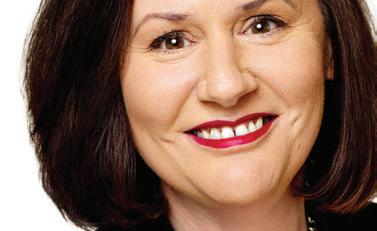





these costs can be even higher than that. When you add them to higher energy and insurance costs, it becomes unsustainable.” Minister Peter Burke’s stalling of the rollout of new measures has been welcomed by Ireland’s business community. “ ese measures cannot be taken in isolation. When there’s pressure and volatility in the economy, consumer sentiment goes down. at means spend goes down, so small to medium enterprises are really being squeezed. I very much welcome the fact that the new measures have been stalled, but we need an a ordability test to ascertain the impact they're going to have.”
Uncertainty kills investment and right now, investment in Irish business is down. It will remain so until certainty is provided. “ e reason we've been so successful on an international stage is that our Government is ordinarily quite stable. We don't make rash decisions as a country and that's been key to our success in attracting FDI over the last 50 years. I would caution that we remain calm as a country. An a ordability assessment of any Government measure that impacts businesses and their ability to pay sta should also be carried out."
Increasing costs and legislative changes are beyond the control of Irish businesses, but upskilling is something they can take advantage of. With SME’s struggling with the day-to-day minutiae of actually running a business, the message sometimes gets lost.
e cumulative impact of legislative measures on Irish business and the disproportionate impact they’re having on certain sectors and on the recruitment industry is, says Siobhán, a bellwether for how the economy is doing generally. “As a recruiter and as ERF President, we see rsthand the impact of these changes. We all want to be successful and it's very important that the actions of Government are measured and supportive in enabling us to achieve that.” In 2023, minimum wage jobs accounted for 7% of all hourly paid vacancies. When the minimum wage jumped from €11.30 to €12.70 in 2024, that gure doubled to over 15%. “Employers had been happy to pay over the minimum wage but when it increased so much in 2024, they just couldn’t a ord to pay more. Back in 2023, my candidates would rarely ll a job for minimum wage; I would insist that they go back to the employer and look for a higher wage. at’s not happening now.”
e increase in statutory sick leave and the prospect of auto enrolment is only adding to the cost burden.
“I’m not aware of many SME’s with a 15% net pro t at the end of the year – the cumulative impact of
“I’d like to see a stronger promotion of the supports that are available to enterprise. We need directlycommunicated awareness campaigns; there are so many di erent State agencies and so many di erent support projects that it’s easy to get lost down a rabbit hole.” e National Enterprise Hub is an excellent example of a resource that could be increasingly utilised by businesses. “It’s a fantastic initiative but again, it needs more support. SOLAS has also done amazing work in the education and training sector through the launch and funding of microquali cations, while the amount of free training and mentoring available from our Local Enterprise O ces is extraordinary. ere’s just a communication problem around getting that information to the people who need it.”
Siobhán has held the role of ERF President for just over 12 months. “With the amount of change that’s going on, it's a great privilege to represent the industry. At the ERF, we believe that recruitment has the power to change lives for the better. Getting our voice out there and making sure we support our members and advocate for a framework that supports Irish business is what we’re working towards.”




























DEANNA O’CONNOR MEETS THE COMPANIES THAT ARE LIVING UP TO THE GREEN VALUES THEY ESPOUSE











For some Irish businesses, they might be taking raw materials from nature,
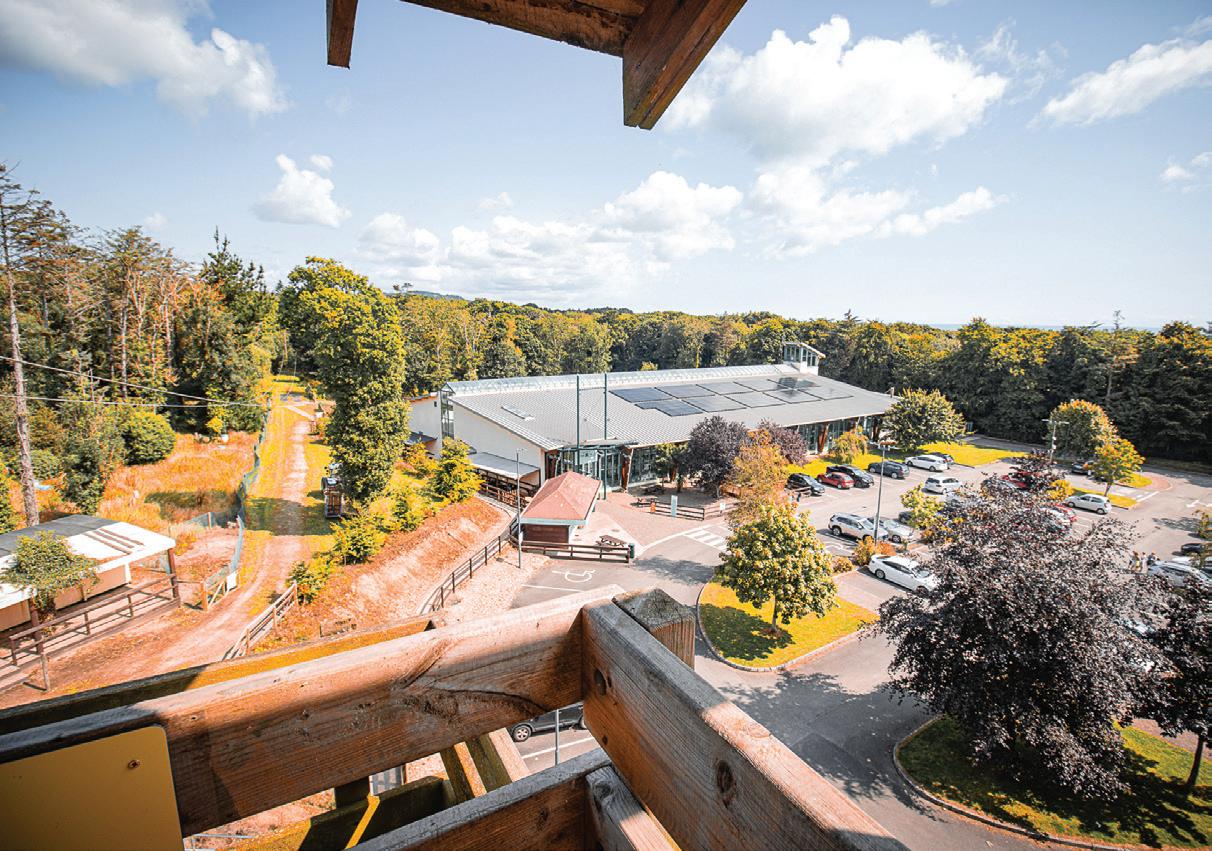
Active Tribe near Courtown in Co Wexford combines a gym, pool and café with outdoor adventure facilities and walking trails through 25 hectares of mature woodland, part of the Wexford Walking Trails network.
The original centre had gone into liquidation and re-opened in 2021 under new ownership, backed by a group of investors headed by Cameron Wallace and Scott Baigent (the founders of Eight Degrees Brewing). Active Tribe took part in a bid process to secure the property, with the protection of the ecological integrity of Courtown Woods being an integral part of the deal, as well as public access for the community.
Making healthy exercise habits accessible to all is at the heart of what they do. General Manager Adam Parsons says. “That’s why we put the café
“ACTIVE TRIBE HAS FOCUSED ON SAVING MONEY AND INVESTED FURTHER TO MAKE SURE THE BUSINESS IS SUSTAINABLE FOR THE COMMUNITY AND THE JOBS WE SUPPLY HERE.”
but they’re also give back. These companies have been recognised for their commitment to sustainability, cognisant that their business depends on the natural world, driven to benchmark themselves against the very highest standards. They told Better Business what inspired them, how they uphold their values in their businesses and how they deal with the challenges of embedding sustainability in a business.
in as part of the refit, to try and build on that community basis and create somewhere to come and meet people, as well as do your exercise.”
Around 1,000 children come through the after-school swim academy each week and inclusive programmes cater to children with special needs. There are also multi-activity afterschool programmes that suit children who don’t necessarily want to play traditional team sports. “If we can start good habits in young people on any kind of fitness basis, then it takes them into adulthood as well,” says Parsons.
Since the new owners came on board, they have invested heavily in a well pump and solar panels which have reduced water and electricity costs, making it more financially sustainable says Parsons, who has been with the business through the change of ownership.
The centre has achieved an 88% reduction in mains water usage due to investments in their well and an upgrade to the pump. A biomass boiler also burns locally-sourced wood chips.
“Active Tribe has focused on saving money and invested further to make sure the business is sustainable for the community and for the jobs we supply here. We’re employing 45 to 50 people at the moment and we’re looking to expand.”
Parsons says the new owners are committed not just to maintaining the woods and environment, but also providing sustainable jobs in the community and a year-round resource for the residents, with nearby Gorey one of Ireland’s fastest-growing towns.
A family-owned business based in Galway, Hygeia has been producing agricultural products since 1939 and continues to innovate with its Nature Safe garden care range, focused on natural and sustainable products.
CEO John Byrne explains that the products in the Nature Safe range are “wildlife safe” which means they don’t disrupt wildlife ecosystems by eliminating parts of the food chain. For example their Slug and Snail Barrier, made with ground up oyster shells, will keep slugs away from precious plants, without wiping out a food source for their predators such as birds, toads and hedgehogs. The oyster shells also nourish the soil with nitrogen, calcium and magnesium, so it’s doubly effective.
Similarly, their Plant Pest Defence uses enzymes and chitin to make the surface of plants “inhospitable” to pest insects. “We don’t kill anything,” says Byrne. “We’re about maintenance and conservation of nature as it is, in a way that can build biodiversity and wildlife back into our gardens.”
The products are also child- and petfriendly, a fact this writer already knew from an incident involving a just-watered plant pot and a greyhound that took a shine to the taste of Hygeia’s Indoor Plant Food. A quick look at the bottle revealed the seaweed and sugar beet-based ingredients to be harmless – and understandably tasty!
“We’ve very strong principles on what we allow into our Nature Safe range,” says Byrne. For this reason, the range is small, with 16 products currently. “We could have 40 or 50 products but it’s difficult to expand because we force ourselves to live up to these principles.”
The ethos of the company is to put sustainability at the core of all product development, continually striving for more environmentally-friendly packaging and manufacturing solutions, as well as developing products that support their customers to be more sustainable, with natural and seaweed based products across all categories.
“Hygeia has been around for 86 years because it has constantly evolved,” says Byrne. He compares the competition of their small batch natural products with synthetic products manufactured at great scale to David versus Goliath, but hopes that customers will see the value in protecting biodiversity in their gardens. “The onus is on us to go and help convince the consumer that these are the right things to do.”

“WE COULD HAVE 40 OR 50 PRODUCTS BUT IT’S DIFFICULT TO EXPAND BECAUSE WE FORCE OURSELVES TO LIVE UP TO THESE PRINCIPLES.”
Sometimes a great business isn’t necessarily a new idea, but an old idea, done better. Salt has certainly been around a long time, playing a pivotal role in global history and trade – even the word salary comes from salarium, a stipend paid to Roman soldiers to purchase the essential product.
Salt is what Oriel Marine Extracts started doing and they did it very well, using patented technology and micro filtration systems to extract sea salt filled with minerals and micro-nutrients. Not only does science back up its qualities, but top chefs and food producers, from Ross Lewis at Chapter One to Ed O’Donnell of the eponymous crisps brand, have given it their seal of approval, with Lewis declaring, “It’s not until you taste this salt that you realise how clean and pure its flavour could and should be.”
In December 2014 Oriel became the 75th Irish company to be a fully approved and certified member of Origin Green, Bord Bia’s national sustainability programme for the food and drink industry.
It’s the unique sealed system they use to extract the salt which not only gives the salt its unique qualities, but also imparts energy saving value by

Re-Cycle Bikes in Stepaside, Dublin 18 is, as the pun-tastic name suggests, a pre-loved bike shop. Willo King and her husband Stacey started the business out of their front garden during lockdown, taking a punt on bringing in a shipment of second-hand bikes from the UK. Their gamble paid off and the demand was greater than they had imagined, with the quiet pandemic roads ideal for cycling. “We just saw a gap in the market and went for it,” she recalls. “We fixed them up, put a sign outside the gate and hoped for the best, really. And it just snowballed.”
Now the second-hand bike shop has a proper premises in Stepaside, with plenty of space for customers to try out their prospective purchases in the car park. From fixing up and re-selling bikes in need of some TLC, to carrying out repairs, this circular economy success story has diverted over 23 tonnes of bikes from going to landfill.
They work with the Luas and Dún Laoghaire-Rathdown County Council on taking abandoned bikes, as well as apartment management companies. They also take trade-ins, ideal for growing children who need to move up in bike size. “It keeps it affordable for kids to stay on their bikes, because brand new children’s bikes can be €400-€500 and we sell them for €150.”
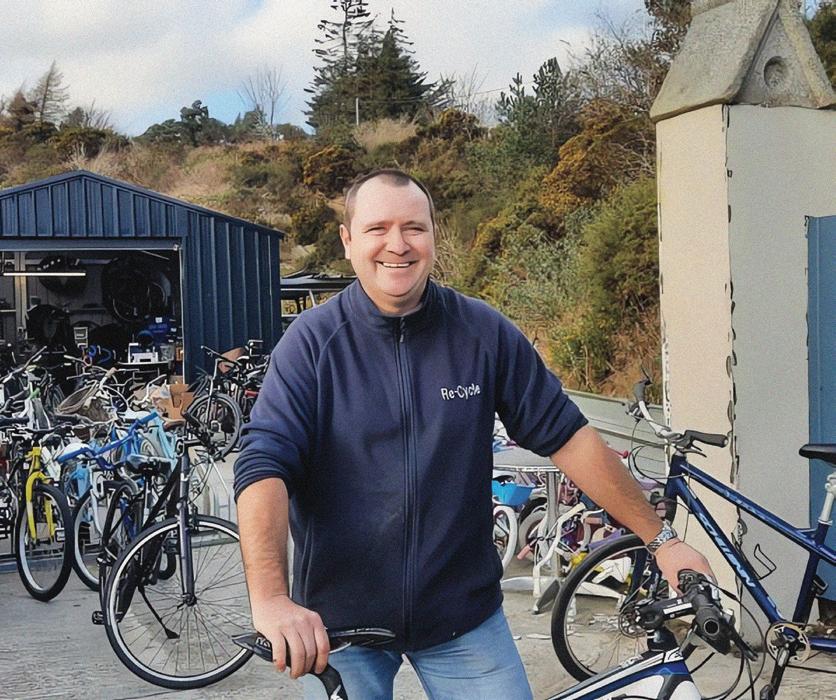
Their tire recycling initiative, collecting tires and tubes from 16 shops in Dublin and Wicklow, also diverts waste away from landfill and is something King hopes will become more widespread. “There was nowhere to recycle them at all in Ireland. There’s no legislation for bike tires like there is for car tires, so you can just put them in the dump and that’s it.”
Determined to find a better solution, they sourced a company that would crumb the used tires and now that crumb is used for a variety of purposes, including pitches, equestrian sand rings and insulation. They aim to expand this service to more shops and promote the sustainable disposal of bike tires. “There’s an awful lot more we could be collecting from slowly getting the word out there. It’s the only nongreen thing about cycling.”
“WHAT’S REALLY INTERESTING ABOUT THE WAY WE BUILT AND DESIGNED OUR SYSTEM IS THAT THE BIGGER WE GET, THE MORE SUSTAINABLE WE GET.”
using the steam from evaporation. This extraction process in turn led to exploring uses for the deep sea minerals contained within natural sea salt, which has now become a by-product.
The company has evolved from a food company to a life sciences company, focusing on deep sea mineral products used in supplementation, wound care and skincare – with well-known luxury brands such as Elemis and Neal’s Yard among its clients.
“The company has completely transformed,” says CEO and Co-Founder Brian Fitzpatrick, with Enterprise Ireland now recognising it as a life sciences company. “What’s really interesting about the way we built and designed our system is that the bigger we get, the more sustainable we get,” he says.
“Even the water that we don’t use, we send to feed our boilers to create steam, which then goes into our system to help evaporate the sea water. It’s a circular system so the more steam we create, the more water we create so our energy usage goes down. Even as the steam cools down, we send that into heat transfer systems to reduce the burden on the electricity as well.”
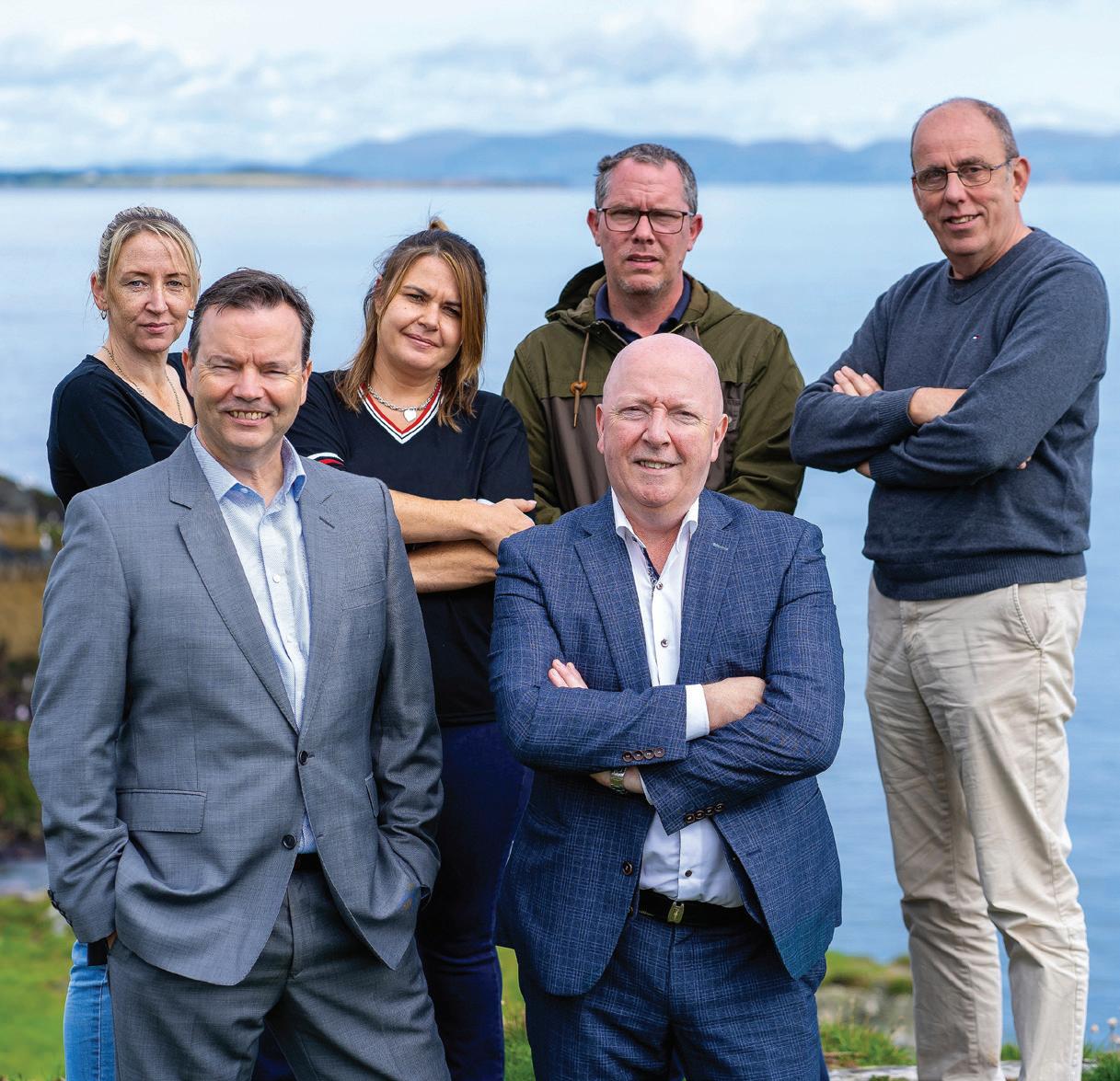
The NIS2 Directive replaced its predecessor NIS1 with new rules on cybersecurity of network and information systems. It establishes a unified legal framework to uphold cybersecurity in 18 critical sectors across the EU. It also calls on Member States to define national cybersecurity strategies and collaborate with the EU for crossborder reaction and enforcement.
• Check if your company falls under the scope of the NIS2 directive and take necessary steps to comply.
• Implement basic cybersecurity measures such as antivirus software and cloud app protection.
• Conduct phishing simulation tests to assess employee awareness and provide training.
• Develop an incident response plan to be prepared in case of a cyber-attack.
• Report any cybersecurity incidents, even if they seem minor, to the NCSC.



















George Foley, a cybersecurity expert with ESET Ireland, says SMEs are increasingly becoming a key target for cyber-criminals. Citing the recent attacks on the likes of Harrods and M&S, he says those “headline-grabbers are quite rare” and in fact, “80% of cyber-attacks are targeted at SMEs because they typically have lower defences, so it’s quite easy to breach and ex ltrate data that you might want or hold them for ransom. Also, because they’re so interconnected, they’re used as stepping stones to gain access to larger corporations where these cybercriminals actually want to make the real money.”

NIS1 you were just meant to focus on your direct security, but now they’re looking at the supply chain.” NIS2 requires Member States to enhance their cybersecurity capabilities, while introducing risk management measures and reporting requirements to entities from more sectors and setting up rules for cooperation, information sharing, supervision and enforcement of cybersecurity measures.



A new EU Directive on cybersecurity, NIS2, has recently come into e ect and will bring more SMEs within its scope, as part of supply chains. You might think of it as somewhat akin to the manner in which the Corporate Sustainability Reporting Directive (CSRD) includes SMEs in Scope 3 emissions. “What the EU is trying to do is bring cyber security to the forefront,” Foley explains. “Just because you’re an SME, who might only have 10 employees, that doesn’t exclude you from needing to boost your defences and take a proactive approach to cyber security.”


e Directive also mandates that each Member State adopt a national cybersecurity strategy which includes policies for supply chain security, vulnerability management and cybersecurity education and awareness.


NIS2 is broadening the scope of its predecessor, says Foley. “It a ects SMEs now, because with


In addition to the sectors which were already covered by NIS1 (such as energy, transport, healthcare, nance, water management and digital infrastructure), these rules apply to providers of public electronic communications services, more digital services (such as social platforms, search engines, cloud computing providers and online marketplaces), waste water and waste management, manufacturing of critical products, postal and courier services and public administration, both at central and regional level or space.





As a rule, medium-sized and large entities in









these critical sectors will have to take appropriate cybersecurity risk-management measures and notify relevant national authorities of signi cant incidents. ese are incidents that could cause signi cant disruption or damage.

Always check that the sender’s email address looks legitimate before you download a document or click on a link






For example, Foley says: “If you are a local manufacturer who builds engine parts and then you sell those parts to another company who provides them to the military, you may fall into the scope of NIS2 and have to have your security up to par, because you could be the stepping stone a cyber-criminal might use to gain access to these infrastructures.”

e National Cyber Security Centre of Ireland (NCSC) has an online tool – Am I in Scope? – which helps you check if your business comes within scope of the Directive. Go to ncsc.gov.ie/nis2/amiinscope/ and follow the questionnaire. “It’s just good practice to follow it anyway,” says Foley. “You should bolster

Don’t click directly on software update notifications: go into your computer settings to verify an update is required and run it from there





“THERE SHOULD BE NO STIGMA AROUND GETTING SCAMMED, THESE ARE PROFESSIONALS. THIS IS THEIR JOB, AND I HATE TO SAY IT, BUT THEY ARE VERY GOOD AT IT. ”


Use an encrypted password vault, such as LastPass, for passwords




your defences no matter what, even if you don’t fall within the scope.”

e NCSC is also introducing risk management measures. It’s forthcoming ‘Irish Cyber Security Measures Certi cation’ scheme will encompass NIS2 aligned measures and will also include a level to aid SMEs in strengthening their resilience.


Have frameworks in place for channels of communication. For example: We never contact accounts through WhatsApp or a personal email to pay an invoice, only through specific channels (named people/work email addresses)


With ESET clients, Foley says: “First, I establish what sector they’re in, how they operate and the sort of tools that they use every single day.” He points to common risk factors across the board. “Most companies are using some sort of accounting tool; they’re all storing some sort of data on a cloud server so that has to be protected and there’s still a heap of remote workers, so there are devices out on the road or working from home accessing company servers from an unsecure network.”






He recommends antivirus and cloud app protection as the entry level cybersecurity methods to put in place. Sta training is of vital importance. “About 90% of the breaches that we see, it’s just human error – someone didn’t take the steps required. ey clicked on a link, even though in the back of their head, they knew ‘I shouldn’t click on this link’.”


Spoof invoices, fake links, fake update alerts and fake documents with embedded macros are all common phishing scams. It’s simple to test your sta ’s ability to di erentiate and how they react and report.



While home Wi-Fi is password protected to a degree, open networks, such as in hotels or cafés, are more dangerous. “ at’s where the real vulnerabilities could creep in. You could connect to an open network, which in itself is quite bad, but also there could be someone sitting in that cafe or sitting within a kilometre radius, posing as that network with their own router and calling it ‘Starbucks Free Wi-Fi’.” If you fall into the trap, they could monitor all the data.

“ ere are tons of free services that you can use that replicate a phishing email,” says Foley. “It’ll send a spoof email to a sta member and monitor if they click on the link or if they delete the email, report the email to a senior member of sta , whatever it might be. You get real time analysis of how your sta interacts with phishing attacks and bad actors.”



ere’s no shame in getting tricked, he says. It’s important to put your hand up and report it. Reporting is important, as cyber security companies and governments are collaborating to crack down on cybercrime and do follow through on policing and making arrests. “ ere should be no stigma around getting scammed, these are professionals. is is their job and I hate to say it, but they are very good at it. It happens the world over every day.”















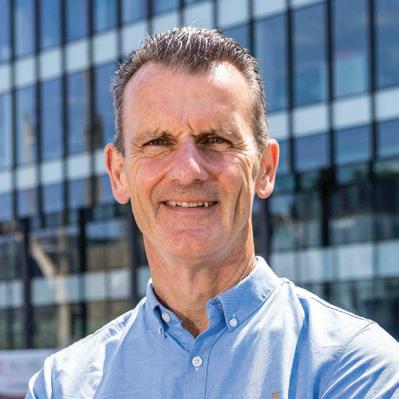

Michael Kavanagh CEO, Compliance Institute
Don’t treat compliance as an a erthought. Build it into your strategy from the outset. It’s a powerful tool for building resilience in fast-moving, highly regulated markets. When compliance is proactive, not reactive, it helps spot risks early, streamlines operations and reinforces your organisation’s integrity. Empower your teams, invest in the right systems and treat compliance as a value driver, not a barrier.
Jim Deignan CEO, Payzone
1 2 3
You need to put your customers are the heart of everything you do. Know what problems you are trying to solve and be clear about how you can add value. Focus on providing great customer service to make your customer’s lives easier. Don’t take your customers for granted because if you don’t look a er them, someone else certainly will.
Colette Hynes Finance Director, Astatine
A clear strategy is only powerful when it’s shared – and lived –by your senior team. When everyone is aligned, great things happen. Make space to check in on your people and support a healthy work-life balance. Encourage curiosity and a growth mindset across the business – this is where ideas ourish. When people feel valued and inspired, innovation follows naturally.
No matter what people tell you, words and ideas can change the world.



Eimear Byrne Country Leader, SD Worx Ireland
Don’t be afraid to be a catalyst for change –implement new ideas, make improvements where needed, change up current practices, introduce new processes and above all, prioritise your people to enable change. Combining people- rst thinking with leading technology and automation will result in a lasting impact by keeping your business resilient and creating opportunities for growth.

Ronnie Hamilton Pre-Sales Director, Climb Channel Solutions Ireland
Every business needs a strong support system. Lean on trusted tech partners or Managed Service Providers (MSPs) to manage areas like cybersecurity and data protection. en use AI to streamline repetitive tasks and boost your team’s productivity. Start small, automate wisely, and keep your focus on what really matters: your people, your customers, your growth.


Owen Cullen Managing Director, Cullen Communications
Prioritise building strong relationships with customers and suppliers – there is no better way of building solid foundations and giving yourself a platform for growth. Invest in your team because talented people drive success. Aim to be not just good but excellent and don’t fear setbacks, they’re an opportunity to learn. Be resilient, be persistent, be ambitious and good things will happen…





AS VOYA SKINCARE APPROACHES 20 YEARS IN BUSINESS, MARK AND KIRA WALTON TALK TO JENNIFER MCSHANE ABOUT THEIR JOURNEY FROM STRANDHILL TO GLOBAL SUCCESS AND BEING NAMED THE OVERALL WINNER AT THIS YEAR’S SFA NATIONAL SMALL BUSINESS AWARDS










How did VOYA come about?
We launched the brand in 2006, but the journey started earlier. Kira’s family ran traditional seaweed baths in Strandhill and when we both found ourselves out of work, we realised we needed to create a job and career for ourselves. ere were seaweed and organic skincare products on the market, but no one combined both. So we thought, “Why not us?” e idea was simple – create a certi ed organic skincare line using seaweed. at hadn’t been done before. It was a leap into the unknown; we didn’t have a background in cosmetics, but we had belief and a lot of determination. From the start, our goal was about more than just launching a business; it was about creating organic, results-driven skincare rooted in tradition and backed by science.
What was the landscape like back then?
ere weren’t many Irish beauty brands, certainly not the number you see now. Social media wasn’t today’s powerhouse; Facebook was just emerging and Instagram didn’t exist. So everything was built through old-fashioned hustle. We didn’t have a roadmap. We had a laptop, an idea and a lot of determination.
What challenges did you face early on?
Everything was a challenge. We were making organic formulations before the industry had really gured them out. at meant adapting food-grade organic standards to skincare, with little guidance. Packaging was another issue because designers didn’t want to work with small quantities and suppliers wanted massive minimum orders. We had to get creative, like using one bottle type across multiple products with di erent labels. And the regulatory burden was, and still is, enormous. Despite the learning curve, we were clear on what mattered most – sustainability is at the core of everything we do. We’re proud to lead the industry in sustainable harvesting practices that protect and preserve the marine ecosystem.
“THE BIG DIFFERENCE FROM OUR EARLY DAYS IS REMOTE WORKING AND TRAINING. DURING THE PANDEMIC, WE EMBRACED VIRTUAL TRAINING OUT OF NECESSITY AND REALISED WE SHOULD HAVE DONE IT SOONER.”

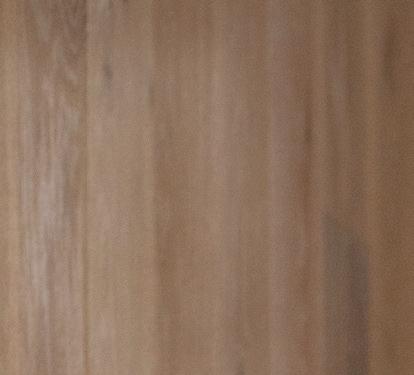

“WE’VE ALWAYS SAID WE’D GO TOE-TO-TOE WITH ANYONE IN THE WORLD ON QUALITY — AND WE STILL WOULD. PEOPLE SEE THAT WE’RE THE REAL DEAL.”














What makes VOYA di erent and why do you think it still resonates?
Quality. It sounds simple, but we’ve never compromised on our formulations. at’s why our customers stay loyal. ey know our products work and are made with care and integrity. We’ve always said we’d go toe-to-toe with anyone in the world on quality and we still would. People see that we’re the real deal. ere’s authenticity in what we do – we’re harvesting seaweed daily, we employ nearly 50 people locally and our factory’s in Sligo. at story isn’t just marketing, it’s our daily reality. at integrity runs through every aspect of VOYA, from our handharvesting seaweed to preserving biodiversity to ecofriendly packaging made from recycled, recyclable or biodegradable materials.
What have been some of your proudest moments?
ere are so many. Entering the Chinese market was huge; it’s incredibly hard from a regulatory standpoint.
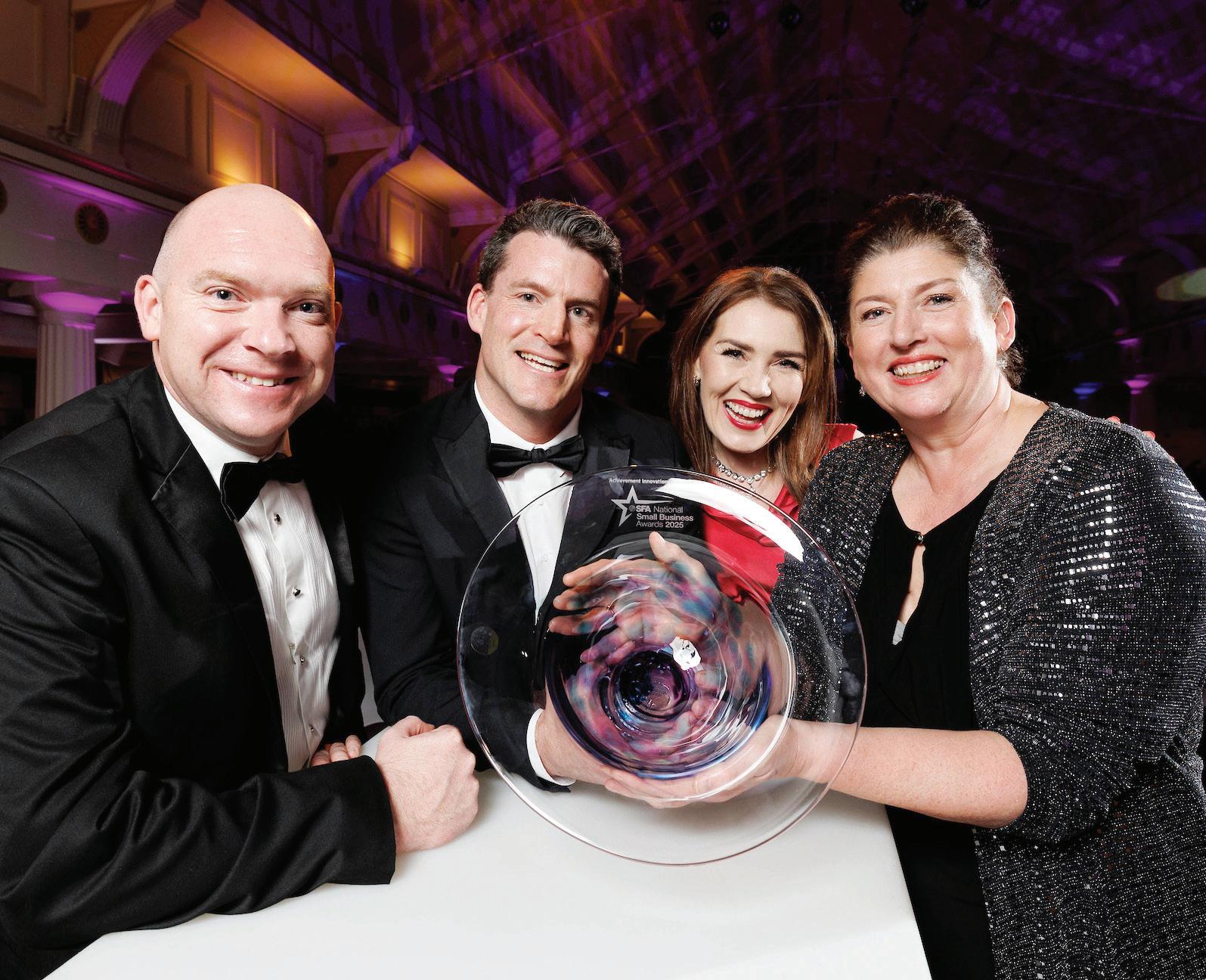


Start by talking to someone who’s been there. The right conversation can change everything. And you need to be honest about the sacrifice. Building a brand from scratch is incredibly hard. But if you’ve got passion and drive, you can make it work. There’s no substitute for that. And network. Go to events, meet people, ask questions. It all adds up.
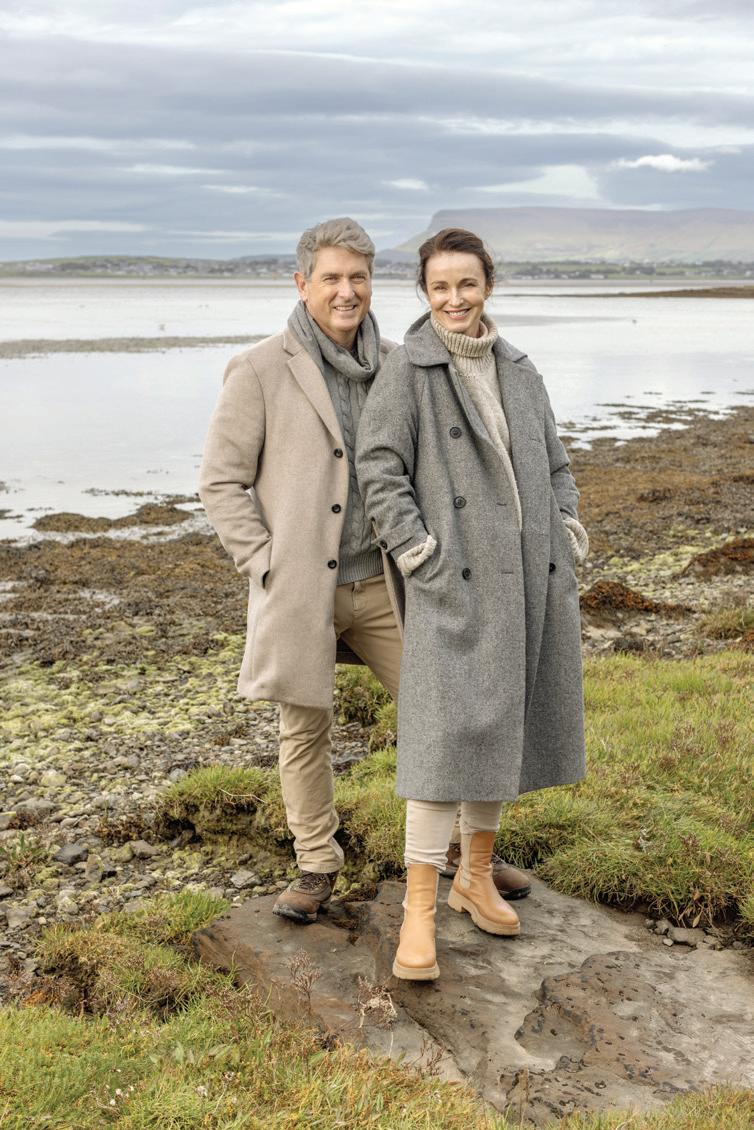
Our partnership with Etihad Airways, now running over 10 years, is another high point. We recently began supplying their rst and business class amenity kits – that’s a serious vote of con dence in what we do. Seeing our products on hotel housekeeping trolleys around the world still gives us a buzz. And we never get tired of spotting VOYA on a retail shelf, whether it’s in Brown omas or across the globe.
How has the business landscape changed for you with tech like AI?
It’s moving fast and we’re not at the forefront, but we know it’s coming. AI is ltering into our operations – accounting, CRM, logistics. e big di erence from our early days is remote working and training. During the pandemic, we embraced virtual training out of necessity and realised we should have done it sooner. But nothing replaces a handshake and a real conversation.
What’s next for VOYA?
We’re seeing strong growth in the US, Middle East and Asia. ey’re all competing for attention and investment. e US is accelerating quickly, but we’re also eyeing newer regions like South America. e key is not being overly reliant on one market. at diversity has been our strength and will guide our growth ahead.
You recently won the overall SFA award too –congratulations! at was special. We’ve been nalists before, but to win overall was just incredible. Peers judge the SFA Awards – fellow small businesses – which makes it even more meaningful. We were actually away on business and missed the ceremony, so we joke we’re a jinx and shouldn’t attend awards anymore!





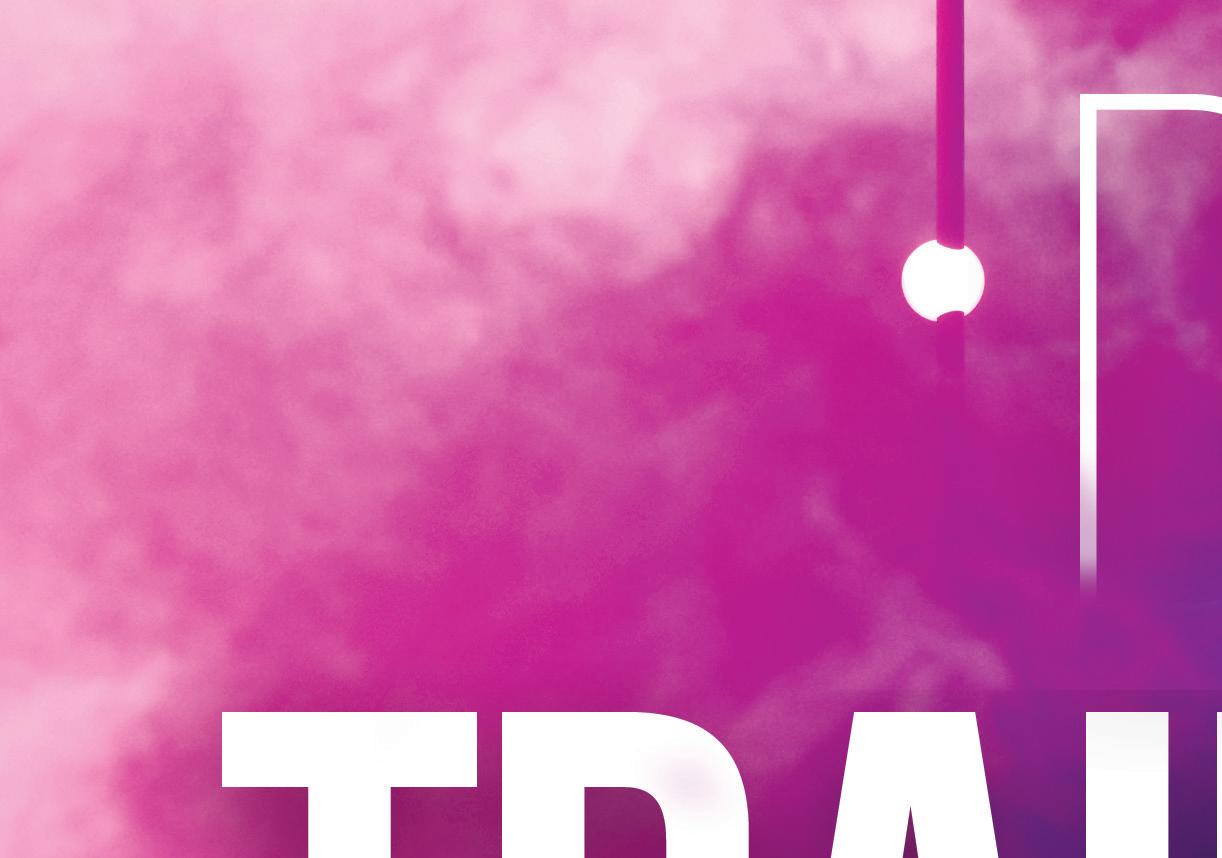
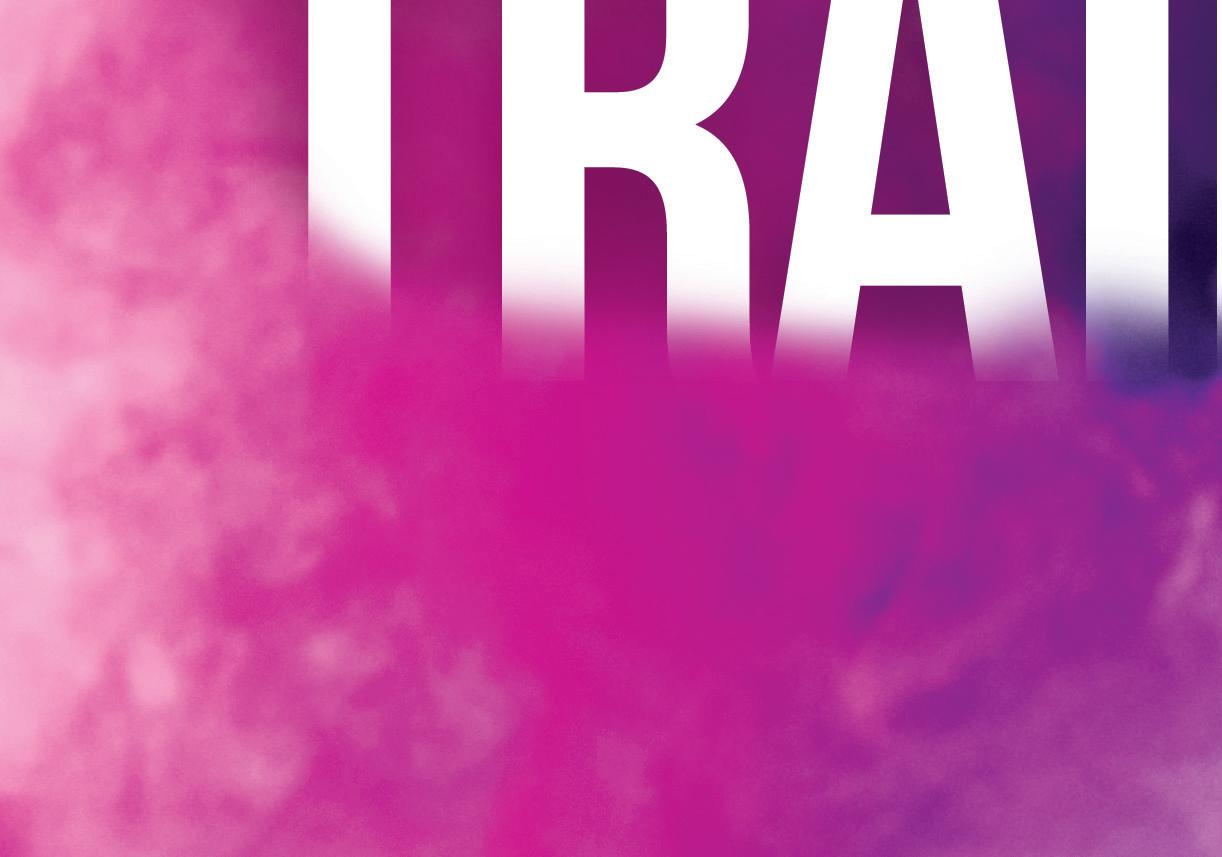



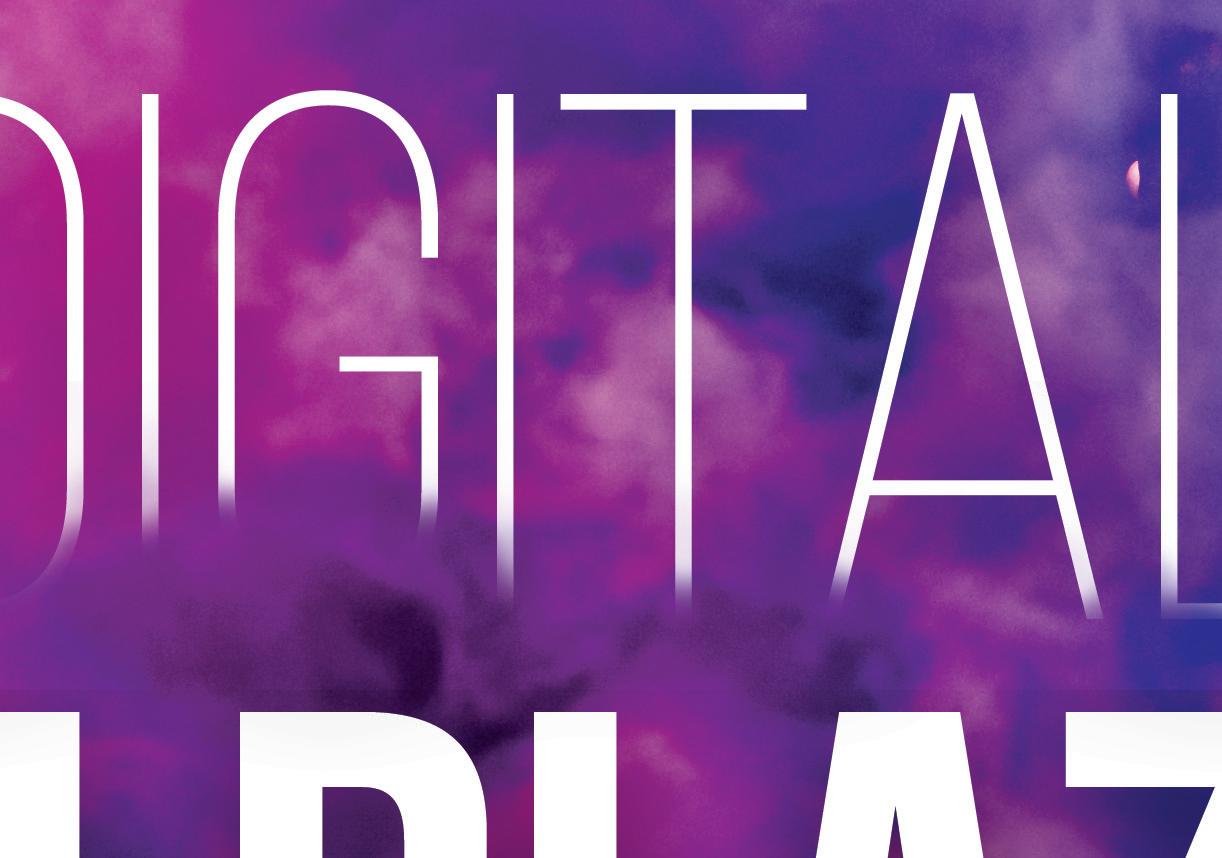






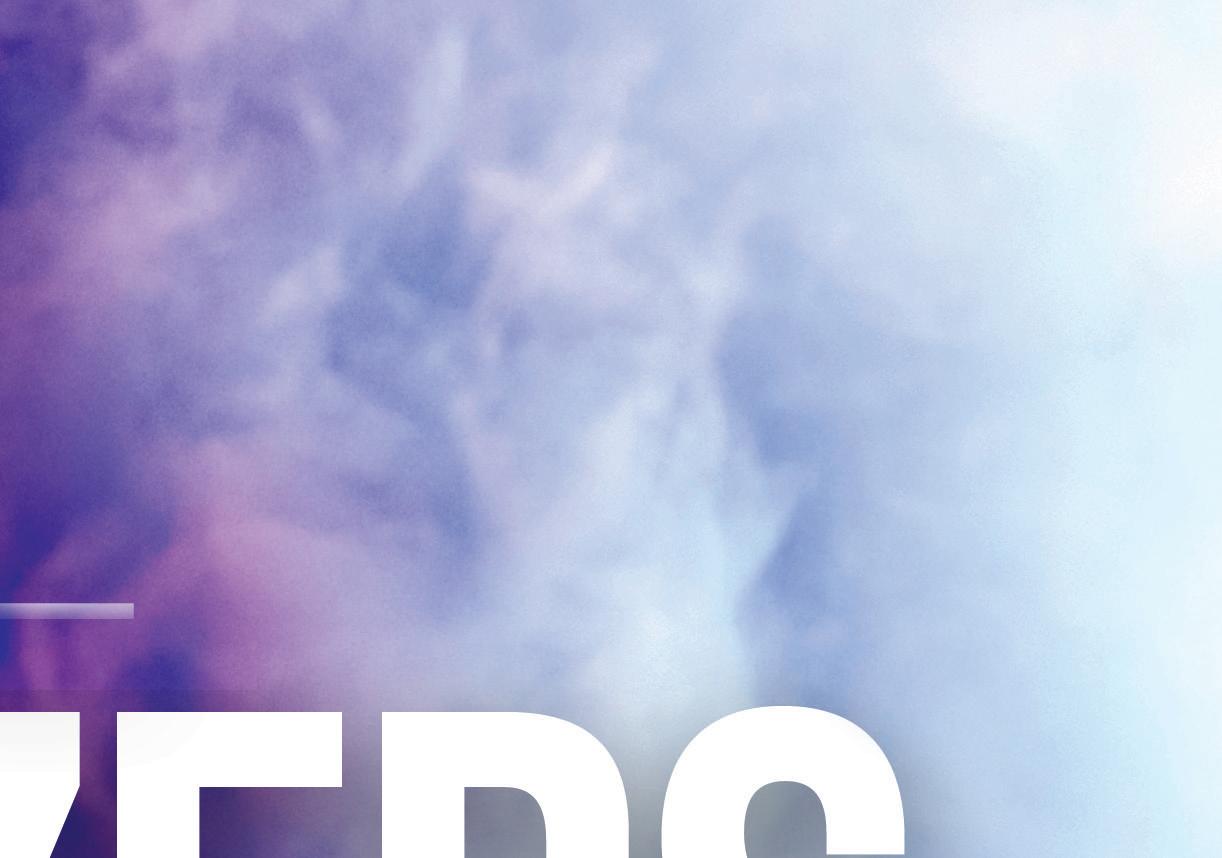


JENNIFER MCSHANE TALKS TO THREE IRISH ONLINE RETAILERS ABOUT WHY A BRICKS AND MORTAR STORE ISN’T NECESSARILY THE KEY TO SUCCESS















ounded by herbalist, naturopath and Kildare native Claire Brett, Dublin Herbalists understands that everyone’s skin is a little bit di erent. Claire’s journey into skincare was a natural evolution. “A small part of the course was learning how to make base creams for topical application,” she recalls of her herbalism and naturopathy training. “ is was of great interest to me as I love to cook and making a base cream is the same as making mayonnaise!” What started as kitchen experimentation soon developed into a capsule range of natural remedies sold at Dublin farmers markets. When stores began to approach her, she knew she had something special on her hands.
An unexpected move from Dublin to Mullinahone in South Tipperary in 2015, prompted by family circumstances, became a turning point. Juggling consultations in Dublin with a growing product range at home eventually proved unsustainable, especially with a baby on the way. “I had an honest conversation with myself,” Claire says. “I decided to let go of the consultation side of my business and concentrate fully on the skincare brand.”
While Dublin Herbalists has maintained a consistent B2B focus, online growth has been a slower burn. “ e online side of our business has only ever been about 10%, with the exception of Covid,” Claire explains. “We’ve always struggled with increasing tra c online… it’s a young person’s game as things change so fast.”
Claire is also candid about the nancial realities of starting up. “I decided to go down the road of self-funding… so that my mistakes and successes could be my own.” Without outside investors, expansion and growth hasn’t been easy and cash ow remains an ongoing challenge.
But exciting plans are afoot. A brand refresh – eight years in the making – is currently rolling out, featuring sustainable sugarcane packaging, a revamped anti-ageing line and the company’s rst shampoos and conditioners. A new website and stronger social media presence are also in the pipeline.





Claire is especially proud of how far the brand has come. “I seriously launched this brand when I was heavily pregnant and have had two more children since. I’m proud to be a working mother with three small children and to have grown my business without compromising on work-life balance.” With a team of seven local women, Dublin Herbalists has created a product line and a supportive workplace culture. e product range is customer-driven, with hand creams, lip balms and the antiageing line among the strongest sellers. “Our cleansing gel is a multi-award winner and people love that it’s fun and easy to use,” she explains. “Our packaging colours and essential oil scents really resonate; each product feels unique.”
A new chapter is also underway in Mullinahone. Claire recently purchased the Old Barracks, set to be transformed into a manufacturing facility, café and store. So while Claire’s retail journey began online, it has naturally evolved into what she hopes will be a destination for the locality. “We’re going to quadruple our oor space, take on more contract work and bring something totally new to the village.”
Her advice for budding founders? “Be adaptable, know your weaknesses and build a team that complements you. If you love what you do, it never feels like work.”
“I DECIDED TO GO DOWN THE ROAD OF SELFFUNDING… SO THAT MY MISTAKES AND SUCCESSES COULD BE MY OWN.”





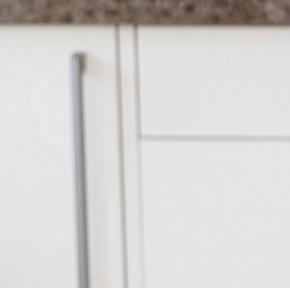


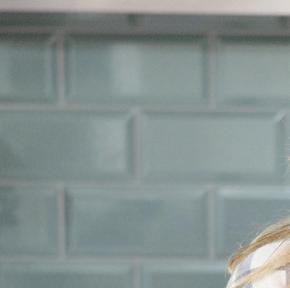








What began with a box of vegan cupcakes on Aisling Tuck’s lap in a Dublin city centre Luas
has grown into a multi-channel brand with national stockists, a café and an award-winning cookie dough line. But behind the brilliant branding and colourful packaging of Naked Bakes, there’s been years of recipe testing, tough lessons and it all began from her kitchen.






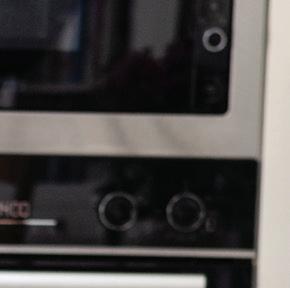

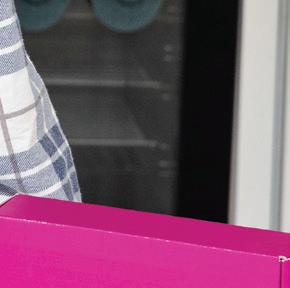




“FOCUS ON TASTE. IF YOUR PRODUCT IS AMAZING, THAT’S YOUR BEST MARKETING TOOL.”
Aisling’s journey started at home, baking every weekend with her mother and grandmother. Going vegan at 18 was met with some resistance, which only pushed her to nd plant-based alternatives to the classics she loved. “ at led me down a path of recipe testing and developing my own ways of making the things I grew up baking,” she explains. Sharing her results online led to a loyal following and her rst sales, directly through Instagram DMs.
ose early sales were hand-delivered around Dublin.
“I’d get the Luas into town with a box on my lap and meet someone at the top of Gra on Street. ey’d give me €20 and I was delighted with myself.” at grassroots approach gave her vital feedback and the con dence to take things further.
Cookie dough became the brand’s breakout hit during lockdown. With people baking more at home, but not always successfully, she saw an opportunity to






package ready-to-bake vegan dough for retail. “We don’t use preservatives, additives or colouring. It’s indulgent, but made with real ingredients.” Her “holy trinity” brownie box, made with chickpea our and Valrhona chocolate, remains a bestseller.
But building a food brand hasn’t been easy. “ e nancial side has been the most di cult,” Aisling admits. “I thought getting an accountant was the box ticked. I didn’t understand anything about pro t and loss or cash ow.” Support from the Local Enterprise O ce and Enterprise Ireland has been key, but cash ow and scaling remain constant challenges. “Even a er some big wins, it’s still tough.”
Despite that, Naked Bakes now sells through multiple channels, from starting direct-to-consumer online, through stockists like Lidl, in cafés across the country and now, from their own Dublin café. “It’s a strength to have so many di erent outlets, but it also stretches you.”
Social media remains a big part of the brand’s DNA. TikTok, though initially dismissed, now plays a key role in awareness and sales. “We’ve had videos go semi-viral that really boosted sales,” she says. “It’s great for food.”
Her advice to others wanting a bite out of the food sector? “Focus on taste. If your product is amazing, that’s your best marketing tool.” She also urges founders to understand their nances and consider partnerships. “If I were starting again, I’d probably do it with a business partner. It’s a lot for one person.”
A er years of learning and adapting, Aisling’s vision remains simple: “To create and bake vegan treats that taste just as good as non-vegan.” And a er winning a prestigious gold Blas na hÉireann award, she’s already well on her way.


ounded by former tech project manager Orla Daly, Cayo is a luxury Irish knitwear brand with sustainability and quality stitched into every seam. Originally launched from a small Dublin apartment while working full-time at Apple, Orla always knew fashion was her true calling. “I always loved fashion,” she says. “I had a sewing machine since my Junior Cert and I did a dressmaking course in London with a famous costumiers’ studio.” But like many creative minds, her path was rst diverted. Encouraged to pursue something “more solid,” she studied business and worked her way through corporate roles in advertising and tech before coming full circle.
e turning point came with a trip to Peru, where she discovered alpaca wool: so , warm, breathable and far more sustainable than traditional luxury yarns like cashmere.
“I just thought, this is so underutilised,” she recalls.
“It’s a perfect alternative.” Nearly two years of product development followed, including custom yarn creation and plenty of trial and error before she found the right knitting partners in Italy – “the same knitters as Ganni, they’re just amazing at their cra .”
Cayo is now in its h collection, run entirely by Orla from her base in Limerick, where she collaborates with local designers, photographers and manufacturers.
“Everything that surrounds the brand is local, except the product itself, which is made in Italy using Peruvian yarn.” e result? Small, carefully considered seasonalless collections that stand in direct contrast to fast fashion trends.
But building a business rooted in sustainability hasn’t been without blocks on the road. “My lead times are really long and my batches are small – it’s not really how things are done now,” she admits. While some department stores expect regular drops, Orla stays true to her values: “If a store doesn’t align with that, then it’s not the right t.”
Another major challenge has been time. Now a



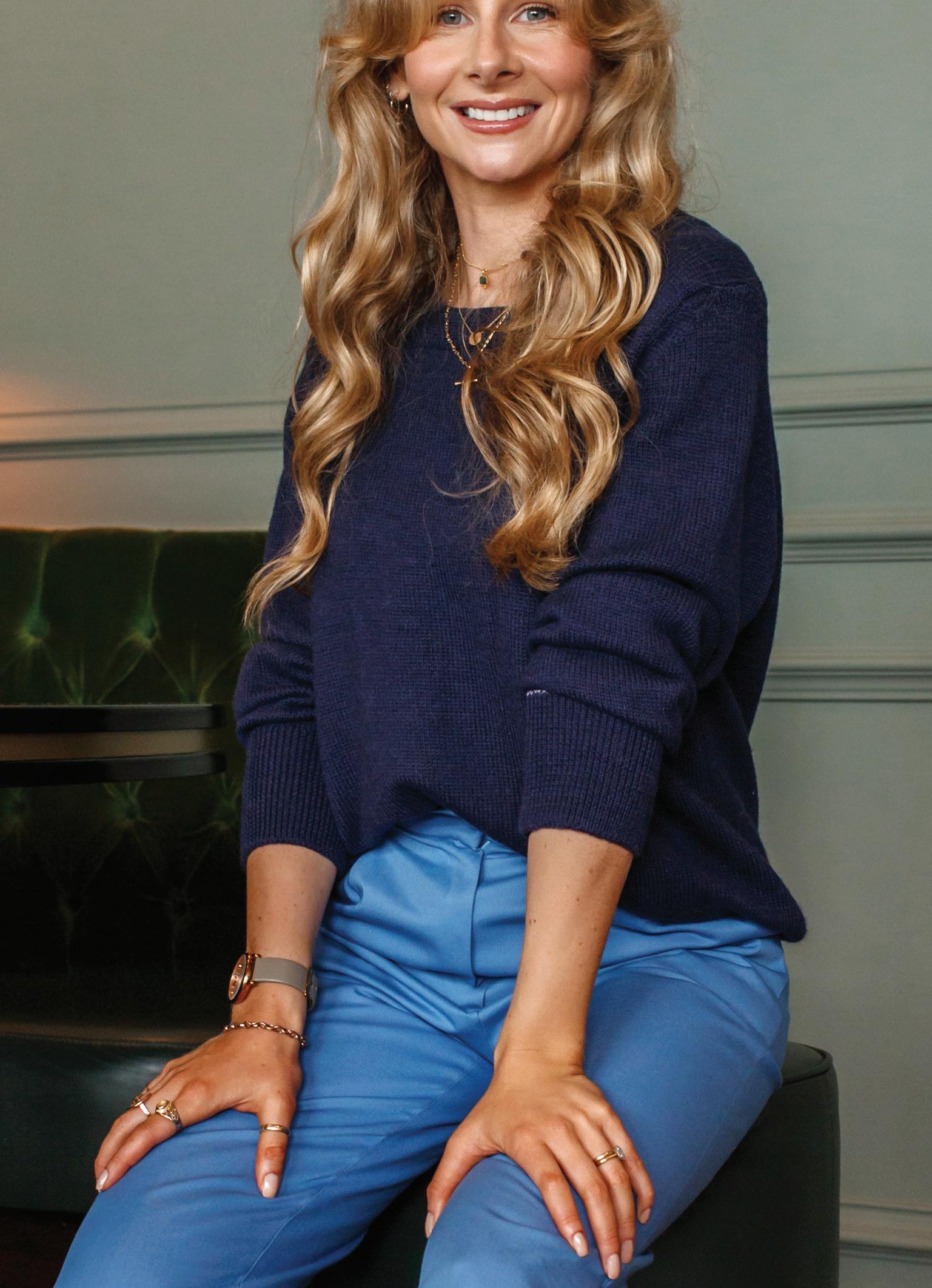
“STICK TO YOUR VISION AND BE CAREFUL WHO YOU TAKE ADVICE FROM. IF YOU LOVE IT, YOU’LL NEVER TIRE OF IT.”
mother of two young children, Orla o en works in 10-minute windows. “I could be in the car reading emails under a muslin cloth,” she laughs. “You just do your best with the time you have.” Funding is another impressive story. Aside from a single round of seed money from herself and her husband, the business has been entirely self-funded. “I’m really proud of that. It’s grown slowly, but I’ve never compromised the vision.”
Online, Cayo has carved out a loyal following through brand storytelling and it’s made entirely of Orla’s vision – literally. “I do all the marketing myself: website, paid ads, everything,” she says. Social media isn’t a sales driver, but a platform for brand awareness. “People need time and touchpoints before investing in a piece. When they feel it, they always think it’s cashmere.”
Her words of wisdom for budding fashion entrepreneurs are all about sticking to your roots, as everything will be a labour of love. “Stick to your vision and be careful who you take advice from. If you love it, you’ll never tire of it. You’ll regret not trying more than you’ll ever regret failing.”







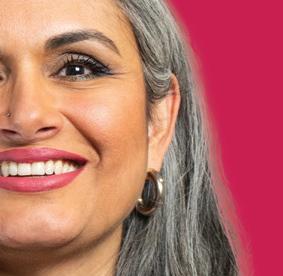




e logistics and supply chain sector is vital to global commerce, but remains largely male-dominated. Increasing gender diversity, particularly by attracting and retaining women, is not only about fairness but also a business imperative. A diverse workforce drives innovation, improves decision-making and boosts organisational performance. However barriers persist, preventing women from fully participating in and advancing within the industry. Addressing these challenges requires a strategic, committed approach.
Despite recent progress, women face signi cant barriers in logistics, including:
• Perception and visibility Logistics is often seen as a maledominated, physically demanding sector. The lack of visible female role models discourages many young women from considering it as a career path.
• Workplace culture and bias Unconscious bias, rigid work structures and unequal pay perpetuate an environment that is less inclusive for women.
• Career progression challenges Women often struggle to advance due to limited access to mentorship and leadership opportunities, which can drive them to other industries.
To attract and retain women, the logistics sector must foster inclusivity through:
• Visibility – Showcasing successful women leaders in logistics through media, campaigns and leadership panels to inspire the next generation.
• Inclusive policies – Organisations must implement flexible work arrangements, equal pay structures and bias-free recruitment practices.
• Leadership pipelines – Providing targeted mentorship, training and sponsorship opportunities will help women gain the skills and confidence to progress in their careers.
As logistics evolves, key skills include:
• Digital literacy Knowledge of data analytics, AI and supply chain software is increasingly valuable.
• Sustainability and ESG Understanding sustainable practices is essential for future success.
Encouraging women to pursue logistics careers requires proactive support:
• Engage early in education Schools and universities should highlight logistics as a viable career for young women, o ering internships and mentorship.
• Mentorship networks Establishing structured mentorship programmes can provide women with career guidance and advocacy.
• Inclusive workplaces Companies must foster environments where women feel valued, supported and empowered to succeed.
• Leadership and strategic thinking
Leading diverse teams and driving innovation are critical for senior roles.
A er some delays, the Oireachtas Committee on Enterprise, Tourism & Employment has been established. e purpose of the Committee is to essentially shadow the Department of Enterprise, Tourism & Employment and provide meaningful input into legislation and policy. is is the most signi cant committee for the business community as it also informs debate related to job creation, enterprise and innovation.

Membership of the committee:





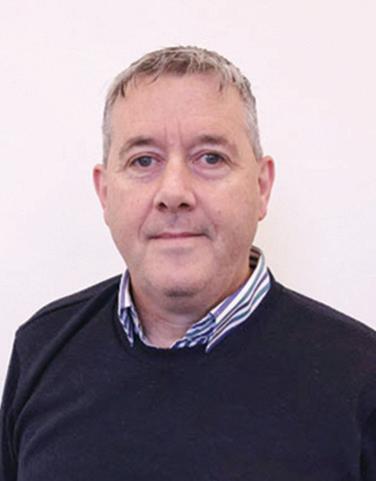


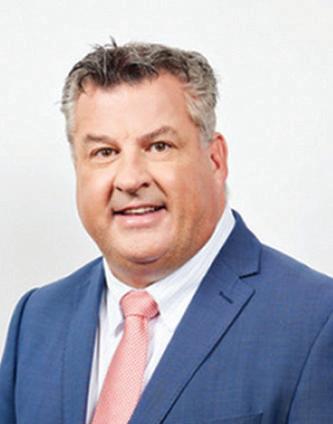




When the committee expands to a Joint Oireachtas Committee, the following Senators will be included:



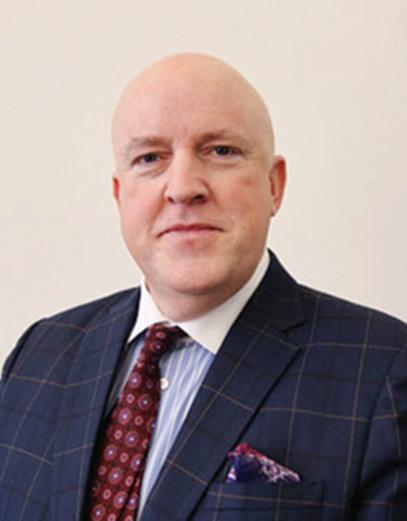

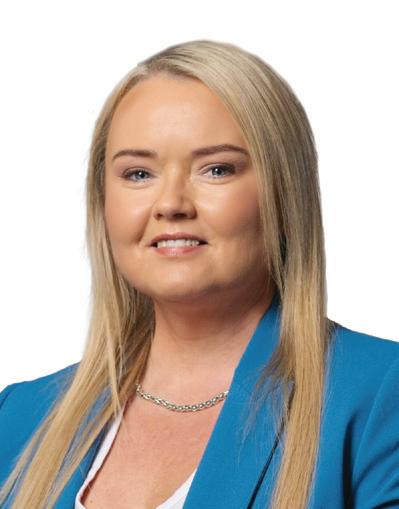











Cost of Business forum up and running











Director David Broderick participated in the inaugural meeting of a new Department of Enterprise-led group to examine the costs involved in running a business. Minister Peter Burke, TD and key departmental o cials were present to hear directly from the business community about the pressures they are facing due to rising costs. There will be a series of meetings of this forum on specific cost topics throughout the year. The Small Firms Association is encouraged by the establishment of this committee as high business costs continue to impact the viability of the small business community.
















































At83%* of employers are struggling to recruit candidates with the right skills
*ManpowerGroup Ireland’s Talent Shortage Survey 2025
a time of sustained full employment, sourcing and retaining skilled talent remains one of the most critical challenges facing Irish businesses. According to ManpowerGroup Ireland’s Talent Shortage Survey 2025, a record 83% of employers are struggling to recruit candidates with the right skills – highlighting a persistent talent deficit despite a buoyant labour market.
This challenge is consistent across sectors. A LinkedIn survey published in February 2025 found that three-quarters of Irish recruiters face ongoing difficulties in identifying qualified candidates. Meanwhile, a recent Skillnet Ireland report revealed that two-thirds of SMEs cite a lack of skilled workers as a key obstacle in their transition to more sustainable and future-fit business models.
With Ireland’s unemployment rate holding steady below 4% in recent years, many businesses are

expanding their recruitment strategies beyond national borders to fill critical skill gaps. For business leaders and HR professionals exploring international recruitment – either for the first time or as a strategic expansion of their existing talent pipeline – STEP offers a compelling, readyto-implement solution.
STEP, an EU co-funded initiative, connects Irish employers with skilled displaced professionals worldwide. Designed to meet the demands of Irish employers, the programme provides access to a vetted global talent pool, along with end-to-end support throughout the recruitment, relocation and onboarding journey.
Talent sourcing is powered by project partner Talent Beyond Boundaries, whose ‘Talent Catalog’ database includes over 134,000 registered professionals from more than 170 occupational categories. This global reach enables Irish employers to address skills shortages in highly competitive fields while also advancing diversity, equity and inclusion objectives.
The model is structured to be employerled and cost-efficient, offering a streamlined
new hires adapted well to their organisational culture and team dynamics. From a retention perspective, the impact is particularly compelling: 90% of candidates remain with their employer one year post-hire, rising to 100% retention in the Irish cohort – a significant figure in a market where turnover is high.
For Irish employers, the benefits go beyond filling immediate vacancies. International recruitment through programmes like STEP can strengthen workforce resilience, drive innovation and enhance employer brand. A diverse team brings fresh perspectives, fosters creative problem-solving and improves decision-making at all levels of the organisation.
Research backs this up. A McKinsey & Company study found that companies in the top quartile for ethnic and cultural diversity are 33% more likely to outperform their industry peers in profitability. The European Commission also reports that businesses with diverse leadership teams enjoy 19% higher revenue due to innovation and that diverse teams generate more effective solutions –critical in today’s fast-evolving market.
“INTERNATIONAL RECRUITMENT THROUGH PROGRAMMES LIKE STEP CAN STRENGTHEN WORKFORCE RESILIENCE, DRIVE INNOVATION, AND ENHANCE EMPLOYER BRAND.”
process that includes assistance with employment permits, Visa applications and resettlement logistics. STEP supports candidates through either the Critical Skills Employment Permit or the General Employment Permit pathways. Once a permit is granted, candidates apply for a Long Stay (D) Entry Visa to travel to Ireland and register for an Irish Residence Permit upon arrival. STEP continues to provide both the employer and employee with tailored guidance, as well as pre-departure and postarrival training, orientation and support by The Open Community.
This approach is already delivering results across Europe. Over 300 candidates have been placed in skilled roles, with 97% of employers rating technical performance as satisfactory or above. Integration has also been strong – 87% of employers report that
As Irish businesses compete in a global talent landscape, adopting inclusive, forwardthinking recruitment strategies is not only a necessity – it’s a competitive advantage. STEP offers a proven model to access untapped talent, build more resilient teams and lead with purpose in an ever-changing world.
The STEP project is co-funded by the EU Asylum, Migration and Integration Fund. Programme partners in Ireland include Talent Beyond Boundaries, The Open Community, Fragomen and the Irish Refugee Protection Programme at the Department of Justice.
To find out more about the project and how it can assist your organisation, email ibondar@theopencommunity.ie
Colm O’Gorman is a human rights activist and former politician
134k registered professionals included on the Talent Beyond Boundaries database from more than 170 occupational categories
Over300 candidates have been placed in skilled roles
97% of employers rated technical performance as satisfactory or above
87% of employers report new hires adapted well to their organisational culture and team dynamics
The Open Community are interested in hearing from you. Please scan this QR code to fill out a short five-minute survey to tell us about your specific recruitment needs and experience.

SOLAS is proud to announce that, since 2019, over 100,000 skills development opportunities have been availed of under Skills to Advance. Skills to Advance is a national upskilling and reskilling initiative that assists employers to develop new skills in their teams, improve processes and cost savings, and increase their competitiveness through highly subsidised training.
This milestone highlights the critical role of Further Education and Training (FET) in developing the skills needed to meet the challenges facing Ireland’s business community. With global and national economic shifts, climate change, and advances in technology, local enterprises need to remain agile and adaptable.
Companies looking to drive growth and competitiveness in national and global markets require strong leadership and direction to help them overcome potential future obstacles, as well as seize new business opportunities. To help accelerate this, SOLAS, in partnership with Enterprise Ireland (EI), is now delivering a Leadership and Management Development programme to both EI and Local Enterprise Office (LEO) client companies under Skills to Advance.
This upskilling programme is aimed at business owners, middle managers and supervisors, from businesses of all sizes, looking to develop their leadership and management skills. The programme is delivered locally by the 16 Education and Training Boards (ETBs) around Ireland. The course blends in-person and online learning and is scheduled to fit the operating needs of participating businesses.
To lay a strong foundation for leaders to futureproof their companies, the programme is designed to boost leadership skills in five key areas:
• Financial planning
• Strategic business planning
• Change management
• Team management
• Resilience and leadership style
Employees will receive in-depth training in cash flow, costing, budgeting and funding. Participants will also learn how to build a robust business strategy and how to lead teams to achieve organisational goals while navigating hybrid working, employee turnover,
“WITH GLOBAL AND NATIONAL ECONOMIC SHIFTS, CLIMATE CHANGE, AND ADVANCES IN TECHNOLOGY, LOCAL ENTERPRISES NEED TO REMAIN AGILE AND ADAPTABLE.”
and changing demands. The change management module delivers the skills needed to navigate organisational change and adapt to transforming business landscapes.
The upskilling programme is fully accredited and upon completion participants will receive an internationally recognised certificate in Leadership and Management from the Institute of Leadership and Management (ILM). Employees can choose to complete a single module, or a combination of modules for an ILM Level 3 certificate or Level 4 diploma (equivalent to a Level 5 or Level 6 on the National Framework of Qualifications).
Thanks to the Skills to Advance upskilling initiative, this programme is highly subsidised. Participating businesses can get a subsidy for up to 70 per cent of the course fee. The local ETB delivering the training will calculate the subsidies and advise companies on cost.
Companies can express interest in the Leadership and Management Development Programme by emailing skillstoadvance@solas.ie or contacting their local ETB offices today.

OFTEN FORCES US TO CHALLENGE OUR ASSUMPTIONS, WRITES CAROL ANN
Itis important to understand that con ict is normal and o en inevitable in the workplace. It’s your own ability to handle it that can determine whether it becomes a bigger issue or not. For organisations to thrive, change is required. I have always pro ered that a business is nothing without its people so while con ict can be uncomfortable, it can also be a stimulus for betterment, innovation and better decisionmaking when managed e ectively.
It’s also important to acknowledge that diversity in the workplace is critical for numerous reasons such as di erent backgrounds, perspectives, experiences and cultures working inclusively together. Acknowledging di erences and setting mindful workplace expectations with clarity can assist towards future impasses.
In summary, con ict is a fact of life and when used constructively, forces us to challenge our assumptions and automatic behaviours.
Self-composure
You have to lead by example and stay calm. Aggressive body language, raising a voice, ostracising etc will lead to exasperated situations to be dealt with. Take deep breaths, go for a walk or have a break before communicating further on the matter in hand.
Practice empathy


The matter in hand should never be about the person and solely focus on the issue in hand. When discussing the matter, using “I” instead of “you” statements can be more conciliatory.
Determine the root cause
Explore why the conflict arose as it could be that it is not what you are there to discuss. You need to assess whether there are deeper issues that have not been communicated to date.
Agree shared understanding
Having listened attentively, you should clarify the shared common ground. Once this is understood you can work on the di erences, brainstorming what ifs and negotiables.
Collaborate on solutions
Aiming for a win-win solution can be helped by brainstorming together and being willing to compromise towards agreeing on goals and timelines for actions. As said above, change can bring di erent perspectives so being open to change is key to success.







Try to understand the other person’s perspective emotionally and logically. Perhaps there are other matters at play that are a ecting the conflict in hand that you could o er to assist with. Even if you disagree, you can acknowledge feelings which can build rapport and trust.
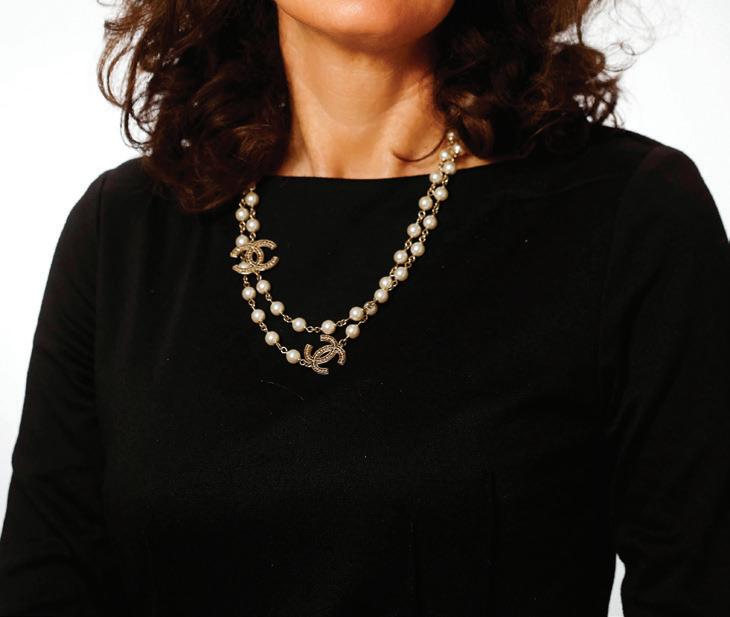
Listen
Do not interrupt: it can be a natural reaction to interrupt, yet it is a master who learns to listen before speaking. In my opinion, this demonstrates power and presence. Clarify and paraphrase so you understand what is being said.
Hopefully a path forward can be determined and agreed and it is important to have regular check-ins to see how the matter has progressed with no re-occurrences.
If you cannot agree a way forward, then you should consider a third party to assist who could be another person in your business, or an external third party such as an independent mediator who can assist the parties in the conflict towards reaching a mutually acceptable agreement.
Carol Ann Casey is Managing Director of CA Compliance Limited, specialising in dispute resolution services, HR and governance compliance www.cacompliance.ie

BY FOLLOWING A FEW SIMPLE BUT POWERFUL STEPS, SMALL BUSINESSES CAN BUILD A CULTURE OF CONNECTION AND BELONGING WITHIN THEIR ORGANISATION, WRITES
DAVID CASEY

In today’s fast-changing world, where global events, technology and shifting social attitudes are reshaping how we live and work, one thing remains timeless – people need to feel they belong. After food and water, belonging is our most basic human need. Whether you’re running a café in Galway, a startup in Dublin or a community organisation in Limerick, creating a workplace where people feel connected, respected and safe is more important than ever.
Over the last decade, many Irish businesses have made real strides in diversity and inclusion – recognising the importance of welcoming people from all walks of life. But as the world becomes more complex and uncertain, we must go further. It’s no longer just about who is in the room – it’s about how people feel in the room. That’s where belonging comes in.
Belonging means more than ticking boxes. It’s about ensuring everyone –regardless of who they are or where they come from – feels truly seen, heard and valued. That includes people from marginalised or underrepresented communities such as the LGBTQIA+ community, neurodivergent individuals, members of the Traveller community, people from diverse cultural and ethnic backgrounds and those living with disabilities. Everyone brings their

Here are a few simple but powerful steps
1. Start with Listening
Everyone’s experience is different. Take time to ask your team how they’re really doing, what makes them feel included and what small changes might make a difference. Listening builds trust.
2. Acknowledge Difference, Celebrate It
From Pride flags to cultural celebration days or simply asking for correct name pronunciations, small actions send a big message – “You matter here.”
3.
Create Everyday Connection Moments
Whether it’s a weekly coffee or tea together, shout-outs for good work or checking in with someone who’s been quiet –these informal touchpoints build connection over time.
4. Lead by Example
As a business owner or team leader, your openness matters. If you can show vulnerability, admit mistakes and genuinely care, others will feel safe to do the same.
5. Make Inclusion Practical
Can a trans employee use the facilities safely?
Is your meeting accessible for someone with hearing loss? Inclusion is often about the everyday details.
own lived experience and in smaller businesses, where relationships are often closer and culture is shaped day-to-day, the opportunity to create meaningful, inclusive connection is both real and powerful.
Globally loneliness and disconnection are on the rise, even though we’re more connected online than ever. This has serious implications for mental health and employee engagement. Studies show that when people feel they belong, they are more motivated, innovative and resilient. On the other hand, when people feel excluded, it can lead to burnout, high turnover and reduced productivity – even in the most well-intentioned workplaces. So how can Irish businesses, especially small business, build a culture of connection and belonging without a big HR department or large budget?
In a world where people are overwhelmed by noise, conflict and division, your workplace can be a space
of safety and connection. No matter how big or small your business is, you have the power to create a culture where everyone – regardless of background –feels they belong. Because when people feel they belong, they thrive. And when people thrive, your business does too.
David Casey is DeCare’s Head of Health Promotion and a Doctorate Candidate of Trinity College Dublin. Find out more about our dental, vision and wellness programs at decare.ie
Decare is at the forefront of the industry as companies continue to prioritise employee wellness in 2025, establishing new standards in holistic and accessible wellness programs. Our innovative approach offers a comprehensive selection of wellness programs, as well as a variety of benefits in both oral and optical health








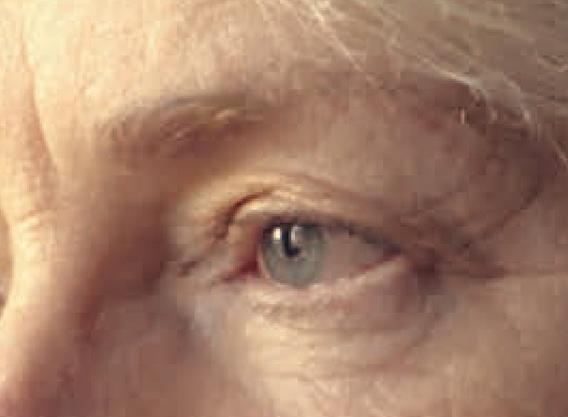























Cash flow is the lifeblood of any business, enabling you to cover expenses and navigate unforeseen challenges that are particularly relevant in today’s economic uncertainty. Even profitable businesses can struggle to survive without adequate cash flow; successful businesses forecast to anticipate future needs and identify potential shortfalls.
Future-proofing your business by ensuring sufficient cash flow is key. Having access to a line of credit or an overdraft can be an important element of your working capital management, bridging
the timing between paying for materials and receiving customer payments and ensuring you can manage any unexpected events or delays.
Lack of cash kills businesses, particularly in this current period of rising costs. Furthermore, you want your business to have the flexibility to seize growth opportunities. The ability to secure credit from your bank as part of your business resilience or growth strategy can be key.
If you are having difficulty, Credit Review is here to help. We provide
“FUTURE-PROOFING YOUR BUSINESS BY ENSURING SUFFICIENT CASH FLOW IS KEY.”
Having difficulty getting a new business loan or restructuring your existing debt with your bank?
Established by the Minister for Finance, Credit Review is here to help.
Talk to the credit experts today on 0818 211 789 or visit creditreview.ie
an independent appeal service for businesses who have had credit facilities refused, reduced, restructured/refinanced or withdrawn by AIB, BOI and PTSB for amounts up to €3m. We also operate a helpline – sometimes credit issues can be resolved without a formal appeal; something that is appreciated by both banks and borrowers!
Our appeals process is flexible and responsive. Our credit experts will engage directly with you and provide comprehensive insights into the credit application/decline process.
For more information on our independent appeals process and information services, visit creditreview.ie to request a call back, or call the helpline directly on 0818 211789


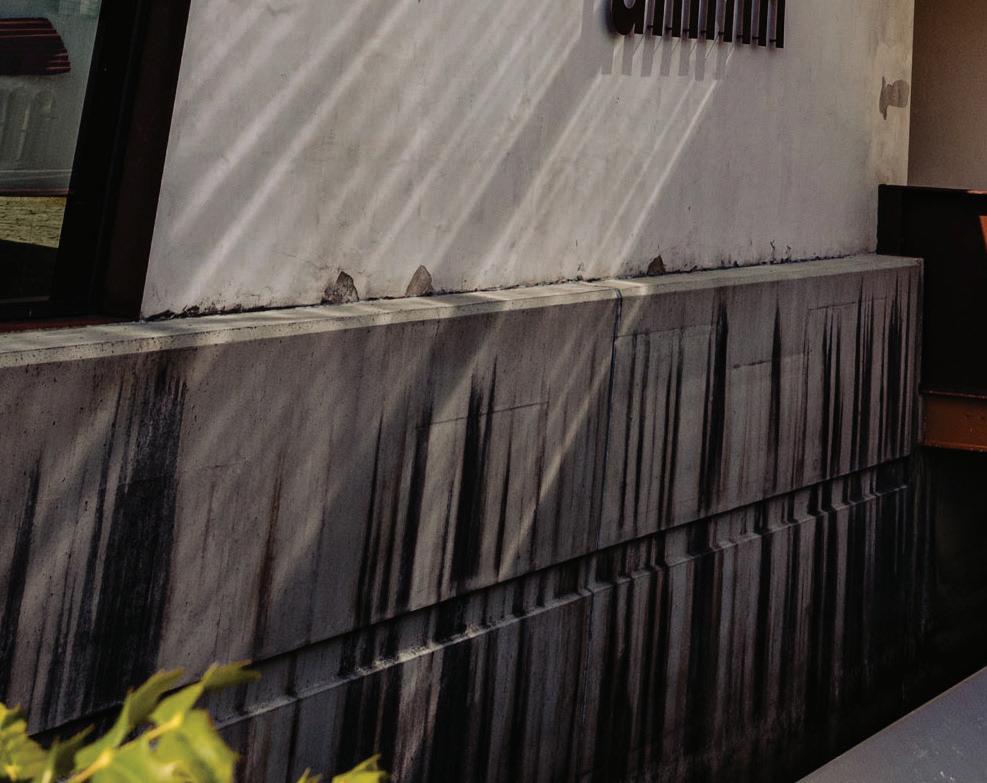




West Cork Arts Centre is celebrating two milestones –40 years in operation and 10 years in Uilinn, its purpose-built space in the heart of Skibbereen town. To mark the occasions, an exhibition showcasing work by artists from across West Cork and beyond was held in May. Later in the year a bench to commemorate the late Seán Ó Ceallaigh, a past Chair of the Board who played an instrumental role in bringing the project to completion, will be designed and placed on the footbridge. “This year is all about celebrating the people that contributed to getting the project built and up and running. The bench in memory of Seán Ó Ceallaigh is part of that. At our most recent exhibition, we also showcased artists that had featured in our very first exhibition 40 years ago, as well as newer members. Forty years is a great achievement and we’re keen to mark it,” says Ann Davoren, Director at West Cork Arts Centre.
Ann’s involvement with the centre goes back 10 years, before Uilinn became its permanent home. Back then, West Cork Arts Centre was located on the ground floor of the Sutherland building in Skibbereen. It wasn’t purpose built, but it did have good spaces to display art. When the opportunity to build a brand new arts centre came up, Ann and the team knew exactly what they wanted. “We prioritised two very good gallery spaces, which is quite unusual for an arts centre. Generally the main focus is on an auditorium but from the outset, we wanted these dedicated spaces. Our main focus is visual art and also, there’s a town hall in Skibbereen that facilitates performances and plays.”
Uilinn also features work spaces for education and public engagement programmes. “We have studio spaces for artists to work in; it’s amazing to have them working on site and for visitors to see their work develop over time. That really invigorates the space not just for the public, but for us too.” A multifunctional space – called The UCC and Bollinger Family Space – is used for meetings, book launches and drama clubs. It’s also a purpose-built dance studio complete with barres, mirror and a sprung dance floor. The centre also manages an Arts for Health programme, where a team of artists visit hospitals throughout the West Cork region.
When she made the move from IMMA (Irish Museum of Modern Art) in Dublin to West Cork, Ann’s aim was to create an arts centre that would function on two levels – a place that belonged to the locals, that they would treat as their own, and a space where artists could work and flourish. It’s a part of the town, a focal point for people to meet, sit down for a coffee and a chat before taking a walk around the galleries. “Parents drop their child off at dance class and then come into the gallery space for a look around so while we have programmes for children, parents or grandparents are often drawn in too. We also have an older people’s group that’s been working with us for 20 years and through that group, we draw in their children and grandchildren.”
A few years back, the centre ran a photography exhibition by Kevin O’Farrell focused on the craft of building wooden boats. Called “Hegarty’s Boatyard: Last Surviving Traditional Wooden Boatyard in Ireland”, it drew a whole new audience. “People who perhaps wouldn’t normally visit an arts centre came along because they were interested in the subject, or they were in the photographs or they knew the

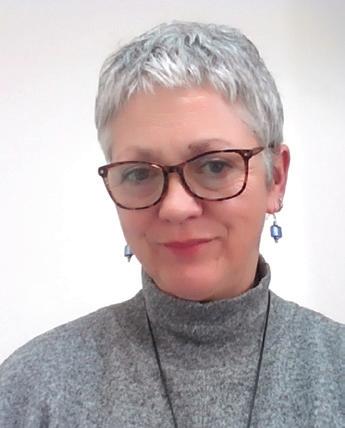
people in the photographs. We’re very conscious of that, of attracting people into the centre based on their interest in a particular subject.” Another exhibition, this time focused on The Famine, proved hugely popular. “Coming Home: Art and the Great Hunger” brought thousands of people to West Cork from all over the country and from abroad. “That exhibition came from the US, from the Great Hunger Museum in Connecticut. It was shown in only three venues in Ireland – in Skibbereen, Dublin Castle and in Derry. So many people came to Skibbereen to see it, which also brought valuable business to the town. I think that exhibition in particular really validated the decision to build an arts centre in a small town in West Cork. The population of Skibbereen is just over 2,900 so for the townspeople, it’s fantastic that there’s a facility like ours right in the centre of the town with the capacity to show work of that calibre.”
West Cork has long been regarded as a creative hotspot, right back to the 1960s when the area became a sanctuary for people searching for an alternative lifestyle. Craftspeople, artists, musicians and poets made it their home and today, you’ll find hundreds of small galleries, markets and workshops dotted along its rugged coast. When Limerick-native Ann was offered the Director role at West Cork Arts Centre 24 years ago, it didn’t take her long to make up her mind. “By then, I had worked at IMMA for 11 years. Moving to West Cork was quite a change, but I knew the area fairly well and it’s such a unique place. There was some fear
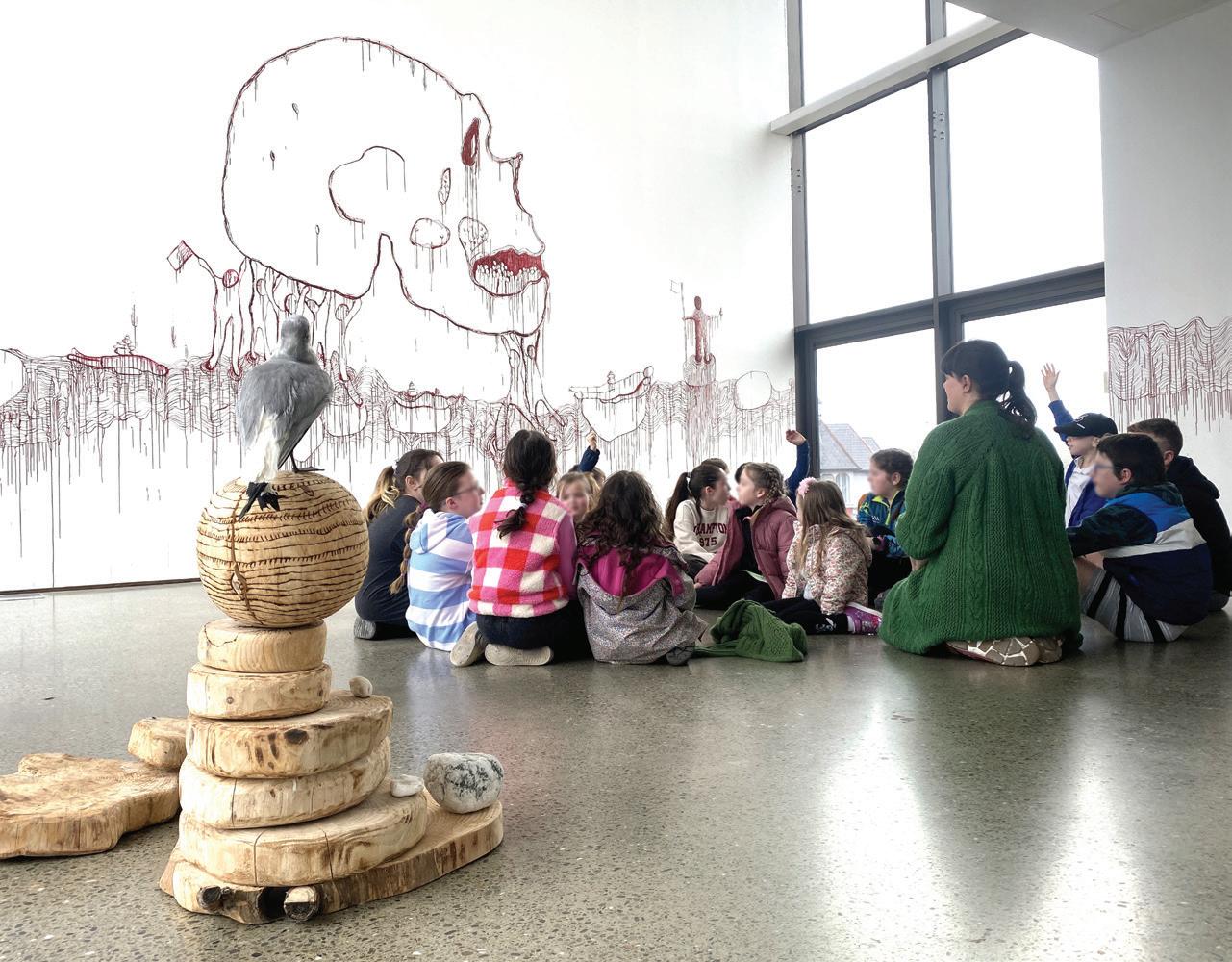
there initially – would I miss cultural institutions like the National Gallery and National Museum, but that didn’t happen. I remember one of the questions at my interview was how did I think I’d cope in the wintertime when things are quiet at the centre. But to be honest, I love the winters in Skibbereen. There’s always so much going on.” Her time at IMMA laid the groundwork for her role in West Cork. It was, she says, a relatively young institution at the time, constantly evolving and developing. Many of her colleagues at IMMA have since taken up director positions at other art galleries and organisations.
At West Cork Arts Centre, the team is made up of all women and one man. Times may have changed, but it wasn’t always so. “At art college, there was a higher proportion of women than men in the student body but despite that, it was still quite a male-dominated environment in that all my tutors were male. I distinctly remember when we had a visiting lecturer, Dorothy Cross, an artist I found really inspiring. She was interested in subjects
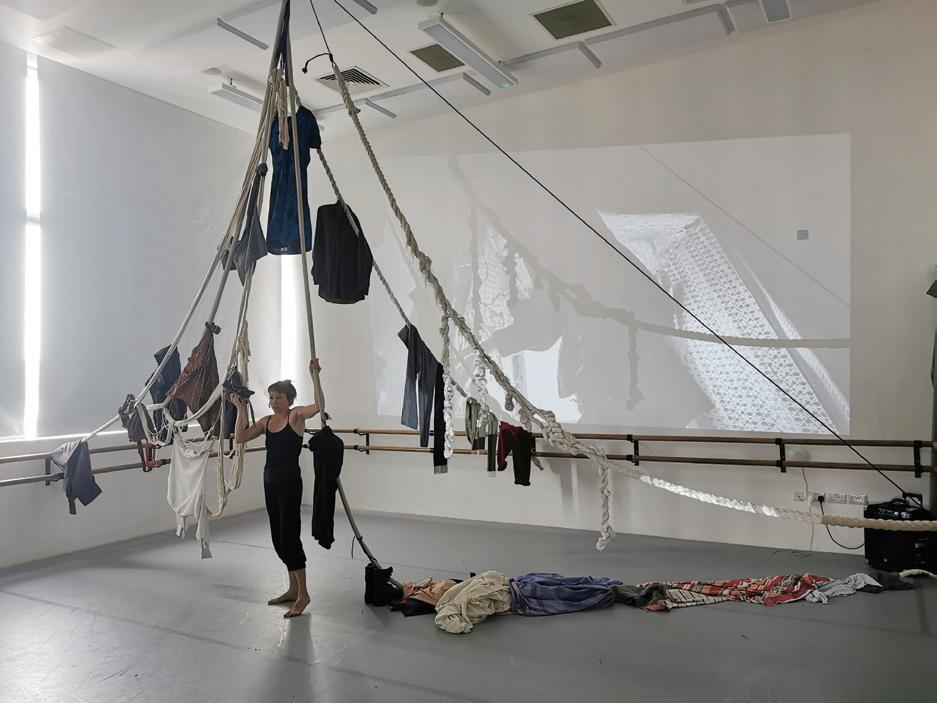
that were to do with women in the world and her approach to art-making was so different to what we were used to.” In 2022, Caroline Campbell was the first female to be appointed Director at the National Gallery of Ireland. “When I think of my Irish colleagues, so many directors of institutions are now women. Things have thankfully moved on from when I was in college.”
Art is, says Ann, for everybody. “Our job is to facilitate engagement with the arts for everyone. I love the fact that we provide access to older people in particular, people that perhaps wouldn’t have had the opportunity in school or just through their life circumstances to engage with the arts. What art can bring to people’s lives is unique and really important.”



WITH A NEW AMERICAN POPE INSTALLED IN THE VATICAN CITY, THE EYES OF THE WORLD TURNED TOWARDS ITALY. DOING BUSINESS IN ITALIA? HERE’S WHAT YOU NEED TO KNOW
has a storied heritage when it comes to global trade since the days of the Roman Empire; its modern economy is famed for its automotive and fashion industries in particular. Yet there is much more to Italian industry than Fiat, Ferrari and fashion. e range of goods and services traded between Ireland and Italy is considerable – from medical devices and agricultural machinery, to apparel and chemicals.
With the recent election of the Americanborn Cardinal Robert Prevost as Pope Leo XIV, the eyes of the world are trained on Italy to see how this impacts on the country’s global visibility, tourism and diplomacy.



In 2023, the island of Ireland welcomed around 229,000 Italian tourists who spent over €192 million and stayed 2.1 million nights.
Italy was the island’s sixth-largest source of overseas tourists and the eighth-largest source of overseas revenue.










Ireland’s diplomatic relations with Italy were established in 1937 and over the years, we’ve exported more than priests and James Joyce to the land of La Dolce Vita. In fact, Italy is Ireland’s ninth largest goods export partner, according to CSO gures from 2022. ere are also an estimated 5,000 Irish citizens living in Italy, served by an embassy in Rome, led by Ambassador Patricia O’Brien and a new Consulate General which opened in Milan last year, joining State agencies including Enterprise Ireland, Bord Bia and Tourism Ireland, which operate branches there. e new Milan-based team of Consul General Maria Sheehy and Deputy Consul General Frank Bradley take the reins from Antonia Marsaglia, who was Honorary Consul for Ireland in Milan for over 30 years.
Italy has the third largest nominal GDP in the Eurozone. GDP growth hit a two-year high in Q1 of this year. A deceleration is expected in the second quarter, as the direct and indirect effects of US tariffs kick in, although growth is still expected to be positive. Real GDP growth is expected to remain stable at 0.7% in 2025 and to rise to 0.9% in 2026.








Italy offers a range of targeted financial support to assist foreign businesses to de-risk their international expansion and grow their operations in Italy. There are a range of incentives schemes for everything from large investments to soft loans and grants for R&D. For example, the Patent Box tax incentive allows businesses to deduct an extra 110% of their qualifying R&D expenses from their tax base and can be applied retroactively, meaning that a company can deduct R&D expenses for the eight years prior to obtaining the industrial property rights. For more information, go to the Italian Trade Agency – see ice.it/en/invest/ invest-italy or email fdi.london@ice.it.


The Italian population is about 61 million people, making it the fourth most populated country in the Eurozone

While all the world knows and loves Italian food favourites, Italians are also very fond of Irish ingredients. Irish food and drink exports to Italy were valued at approximately €450 million in 2023. Italy is Ireland’s number one market for scampi and third largest export market for beef. Several Italian chefs are part of the Chef’s Irish Beef Club, an invitation-only international forum run by Bord Bia which brings together leading international Michelin star chefs who collectively endorse Irish beef.
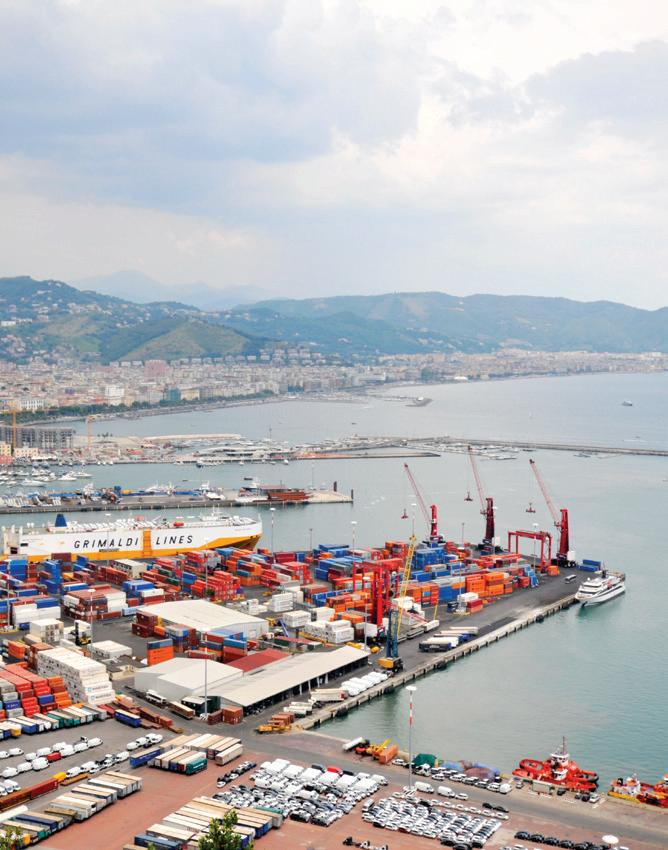
EU nationals traveling on an EU Member State passport do not require work permits or commercial cards to work in Italy. However, they do require a residency permit, which will be issued upon presentation of an EU passport, employment declarations from the Italian employer, proof of residency (such as a lease) and passport photos. Staff of nationalities that do not fall within the Schengen agreement will need to obtain a permanent work authorisation. An application must be submitted to the Ufficio di Collocamento, which will then decide if an Italian national could fill the position. Restrictions may apply in sectors with high levels of unemployment.

The Italian Irish Chamber of Commerce works with the Italian Embassy in Ireland to foster synergies between our two countries, offering a wide range of promotion, assistance and consultancy services to its members. italianirishchamber.ie
Since James Joyce decamped for a decade to Trieste, cultural imprints and intermingling between the two countries has continued. Celebrations still take place in Italy on Bloomsday each year. St Patrick’s Day is celebrated every year across Italy and an Ireland Week is organised annually in Milan and Rome. Gaelic Athletic Associations are also growing, with clubs in Milan and Rome. Since 2018, the San Patrizio Livorno Festival (SPLF) celebrates Irish culture and the enduring ties between Ireland and Italy, around St Patrick’s Day in March, with a diverse programme of literature, music, film and public discussions. SPLF celebrated its eighth edition from March 17–23, 2025, achieving its largest audience ever for the programme of cultural events.

While the north of Italy is heavily industrialised, the poorer southern regions make up a Special Economic Zone (SEZ) and there are attractive incentives on offer for businesses to set up there. Businesses investing and expanding in Italy’s SEZ can take advantage of simplified administrative procedures as well as tax credits up to 60% for small companies and 40% for large companies on investments up to €100 million. To be eligible, businesses must locate and maintain their activities and jobs created within the SEZ for at least five years.
START-UPS: SMART & START
This start-up incentive scheme offers interest-free financing of 80% of eligible expenses. This rate can increase to 90% if the startup is entirely composed of women and/or young people under 36, or if it includes a PhD holder currently working abroad relocating back to Italy. Start-ups based in Central or Southern Italy benefit from a 30% non-repayable grant. Applications must be made in Italian, which may require a good translator. invitalia.it


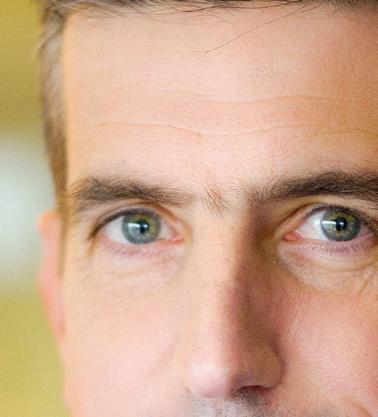



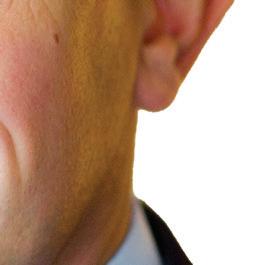


BUSINESSES ARE INCREASINGLY
Intoday’s fast-changing and volatile geopolitical landscape, data safeguarding is paramount and coming increasingly to the fore. In light of this, many Irish SMEs are reassessing their reliance on hyperscale cloud providers and reverting to locally owned cloud and private infrastructure solutions.
Over the past number of years, there has been a steady increase in this practice – known as cloud repatriation – whereby a company migrates part or all of its data from the large public cloud providers back to privately owned infrastructure or sovereign cloud services. However up until recently, this reversal has been down to factors such as cost escalation, lack of control, performance and support concerns and lack of exibility. Now, a new world order has seen organisations of all types, particularly those who manage sensitive information, seeking locally based services and safe havens for their critical data.
“ANY SMALL BUSINESS WITH A RELIANCE ON CLOUD SERVICES OR WITH CRITICAL PRIVATE INFORMATION STORED IN THE CLOUD NEEDS TO UNDERSTAND ITS INFRASTRUCTURE’S CYBERSECURITY POSTURE.”
Additionally, concerns relating to cloud resilience – such as interference with undersea cabling, cloud service throttling to limit user activity and everevolving cyberattacks – are growing and are not limited to larger organisations or those in the enterprise space. Any small business with a reliance on cloud services or with critical private information stored in the cloud needs to fully understand its infrastructure’s cybersecurity posture and that of the platforms they are using.
Meanwhile, the move towards digital autonomy is set to continue. It’s crucial for businesses to maintain control over their own digital assets and infrastructure; not only does it enable independent and more informed decision-making, but it opens up increased opportunities for innovation and adaptation. Digital autonomy also applies on a wider scale and our national resilience when it comes to the use of cloud services is a real and urgent priority.
Brian Roe is CEO at Servecentric
To sum up, businesses are starting to vote with their feet and question the narrative that hyperscale public cloud is the only way forward for continued growth. ere are rewards to be reaped from cloud repatriation and ‘shopping local’, especially for small and scaling businesses.
7AM My day starts with a short mindfulness practice. I take a few minutes of breathing and stretching, followed by a glass of hot water. It’s a simple routine that helps me to focus before the pace of the day picks up. 8AM My husband Hugh and I walk our daughter to school. It’s also an opportunity for us to discuss the day ahead. As business partners, it’s valuable thinking time where we align on project priorities and client delivery while walking by the sea in Greystones. 9:30AM Once I’m at my desk, I dedicate the first part of the morning to creative work. This time is focused on the design and development of our leadership programmes. We build custom content and tools for clients that support behaviour change and performance improvement. 11:30AM I take a short break mid-morning, stepping into our garden room for 15 minutes of music and a mental reset. After that, I work through emails and check in with clients to progress ongoing projects. This brings me up to lunchtime. Lunch is a quick break and includes walking our two golden retrievers – one older and calm, the other a very energetic pup! Getting outside gives me a burst of energy before the afternoon session. 2PM The afternoon is typically spent on research, content development and programme planning. I keep up to date with the latest thinking on high performance, leadership and team dynamics to ensure our programmes remain current and e ective. I also manage logistics which includes scheduling trainers and coordinating speakers to ensure smooth delivery for our clients.
MINDFULNESS AND TIME SPENT OUTDOORS HELP KEEP MUIREANN FITZMAURICE, CO-FOUNDER OF CLARITYCOACH.IE, ON HER TOES












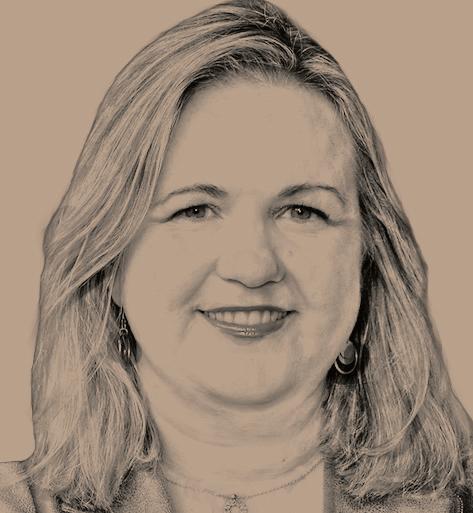

5.30PM I do a check in with Hugh to see how his day has been. He is generally training or coaching so we will get updated on the various projects. Our work combines mindset development with practical tools to support leadership, communication and team e ectiveness. Seeing the impact of our programmes across di erent sectors is a key motivator. 6PM Evenings are time to rest and connect. I play tennis a couple of nights a week. When I am not on the court, I will go for a swim down at the beach or just chill at home playing with my daughter Sarah. Hugh and I take time to share our gratitude for the day with each other before we put her to bed. 10PM I try to get to bed for about 10pm as I know I always feel better the next day when I get a good night’s sleep. As a night owl, I often find it a challenge. I write my journal each evening and read a book to wind down before I go asleep. WWW.CLARITYCOACH.IE










































“OUR WORK COMBINES MINDSET DEVELOPMENT WITH PRACTICAL TOOLS TO SUPPORT LEADERSHIP, COMMUNICATION AND TEAM EFFECTIVENESS.”
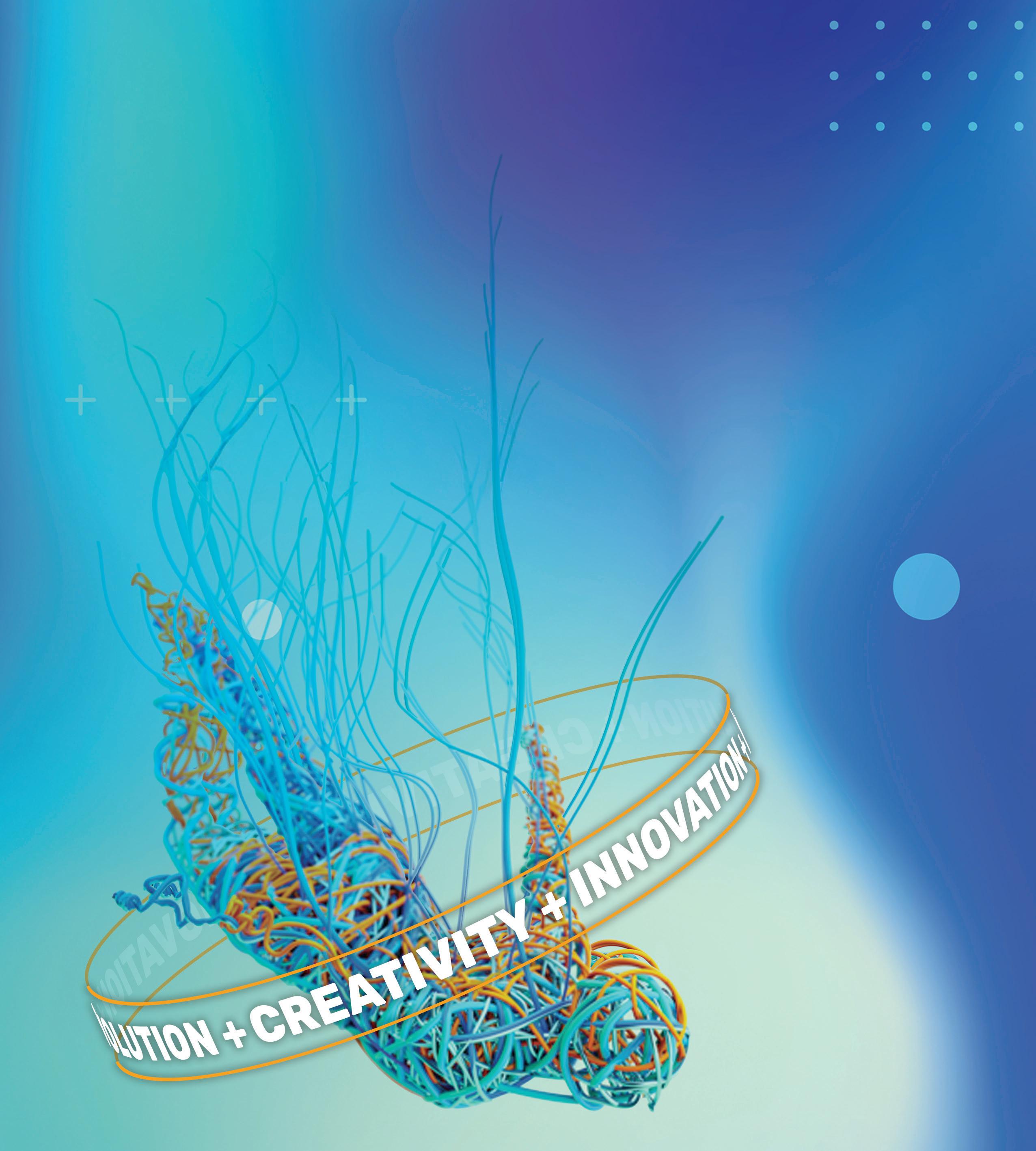

































































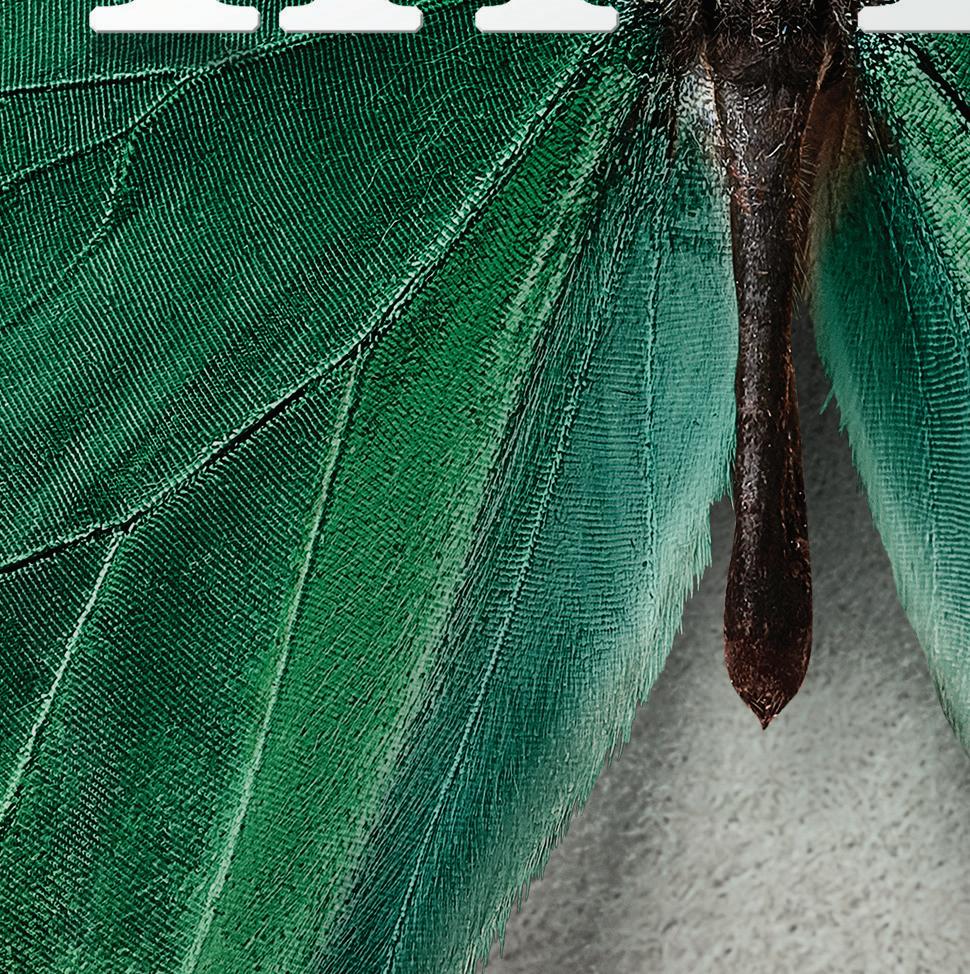


Suppo r t loc a l to l i ft us a l l




All Ri s e All Ri s e


Ch am p i o n G r ee n . i e






